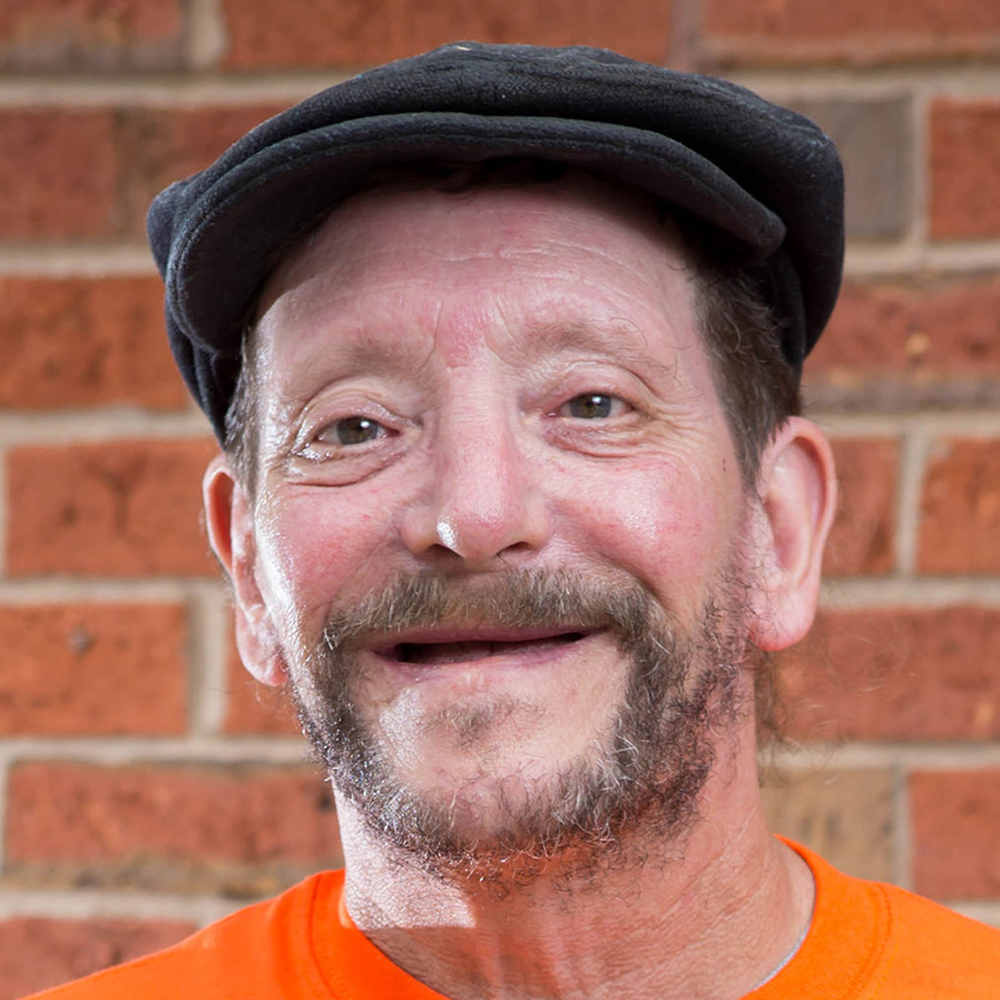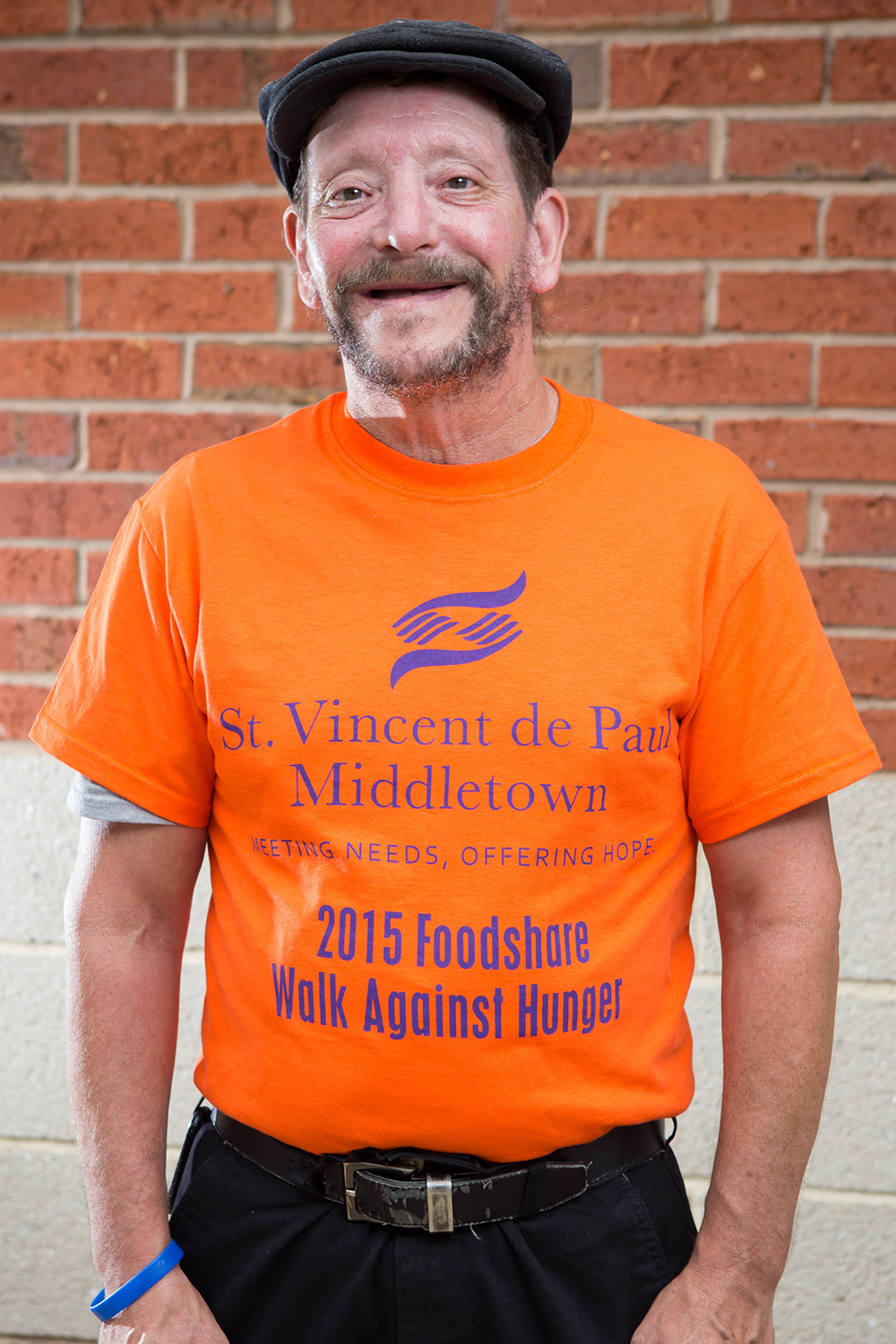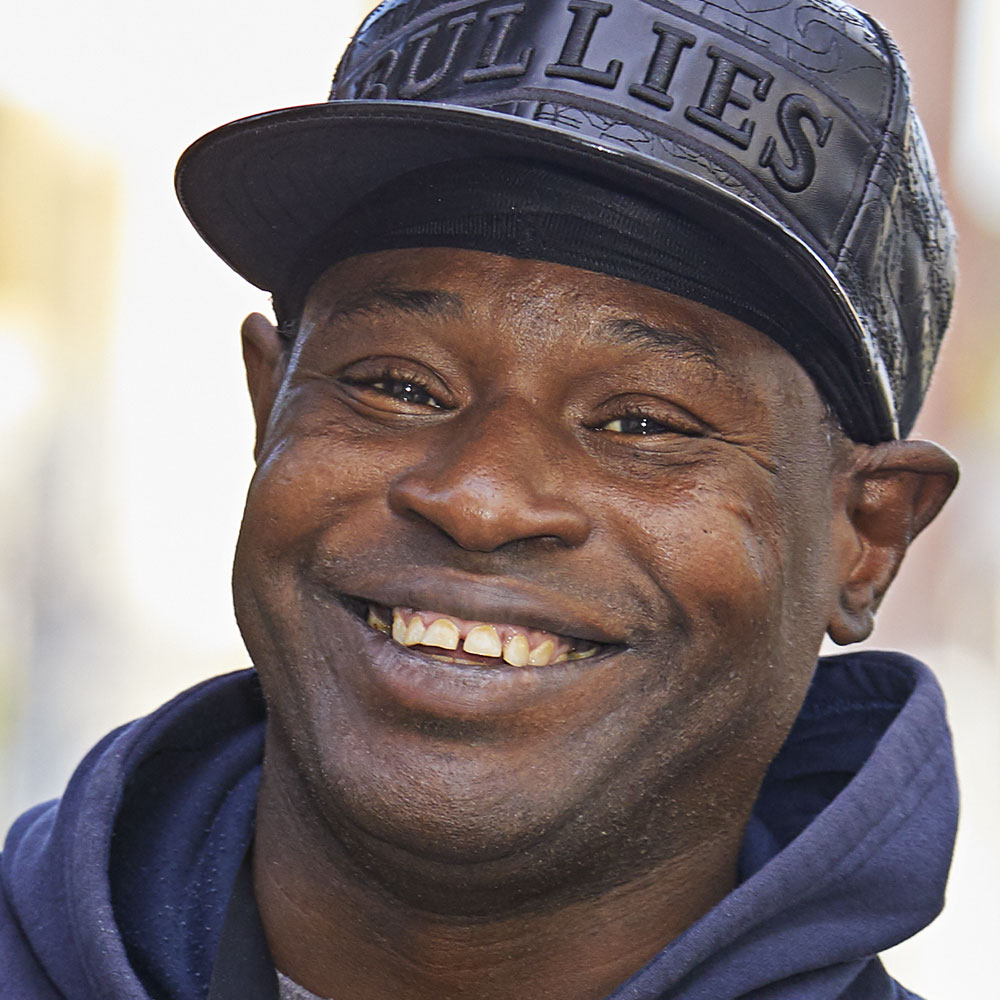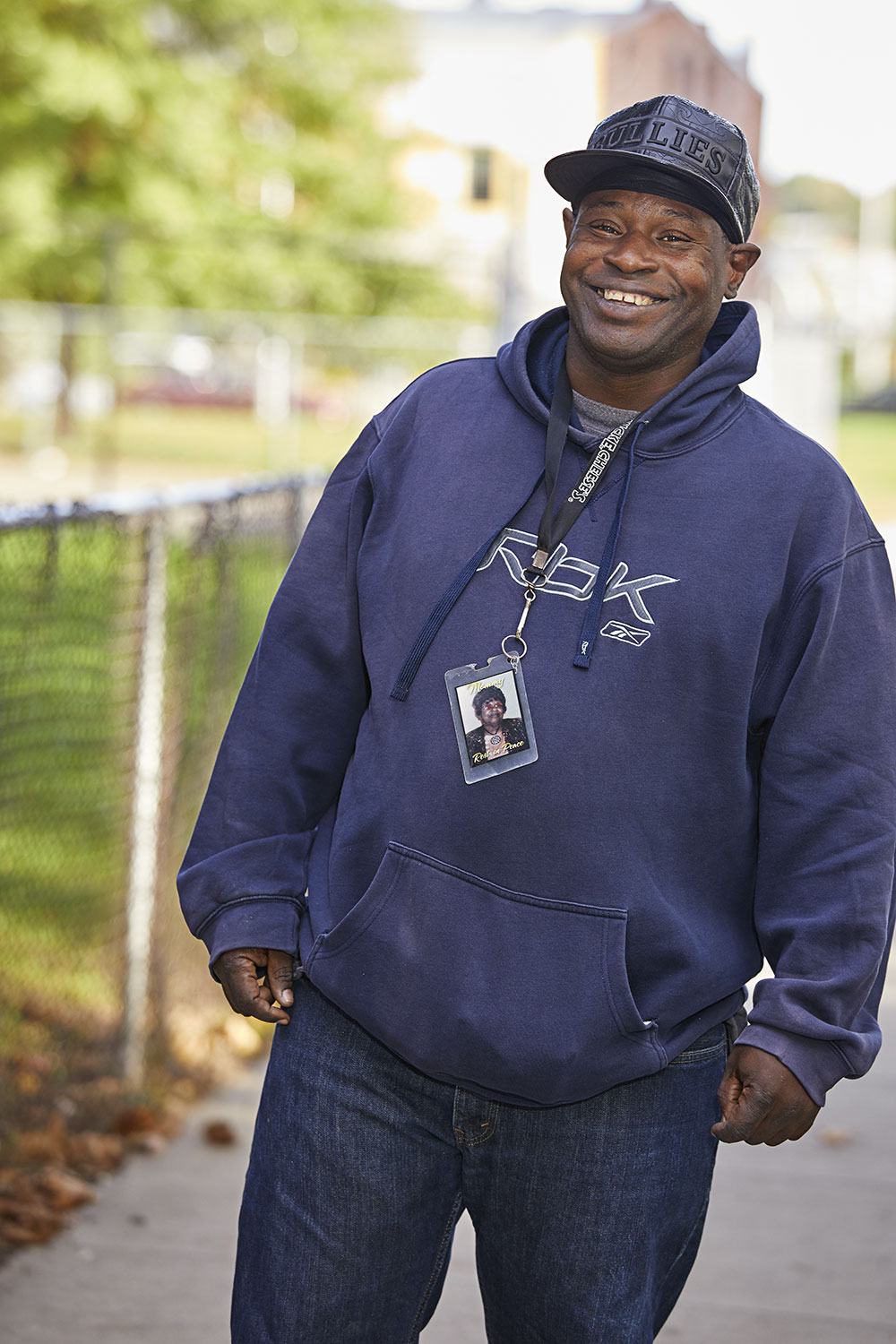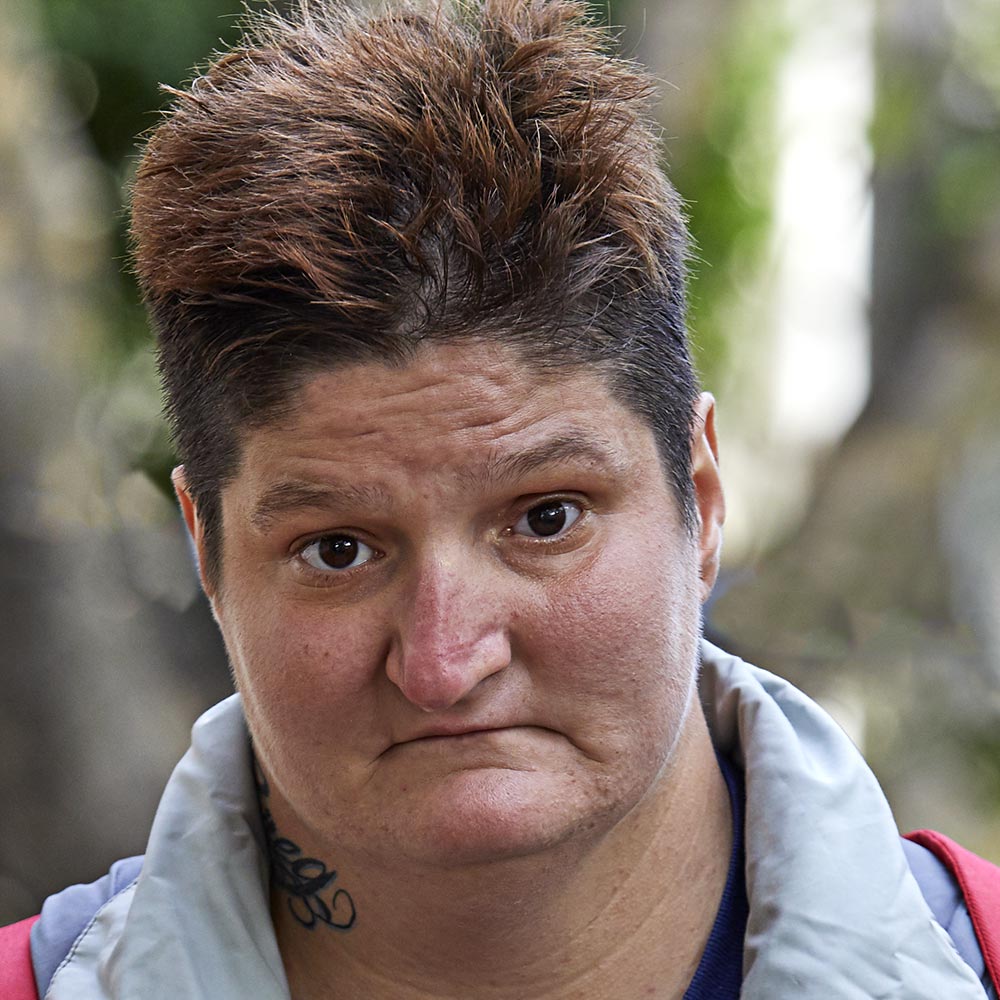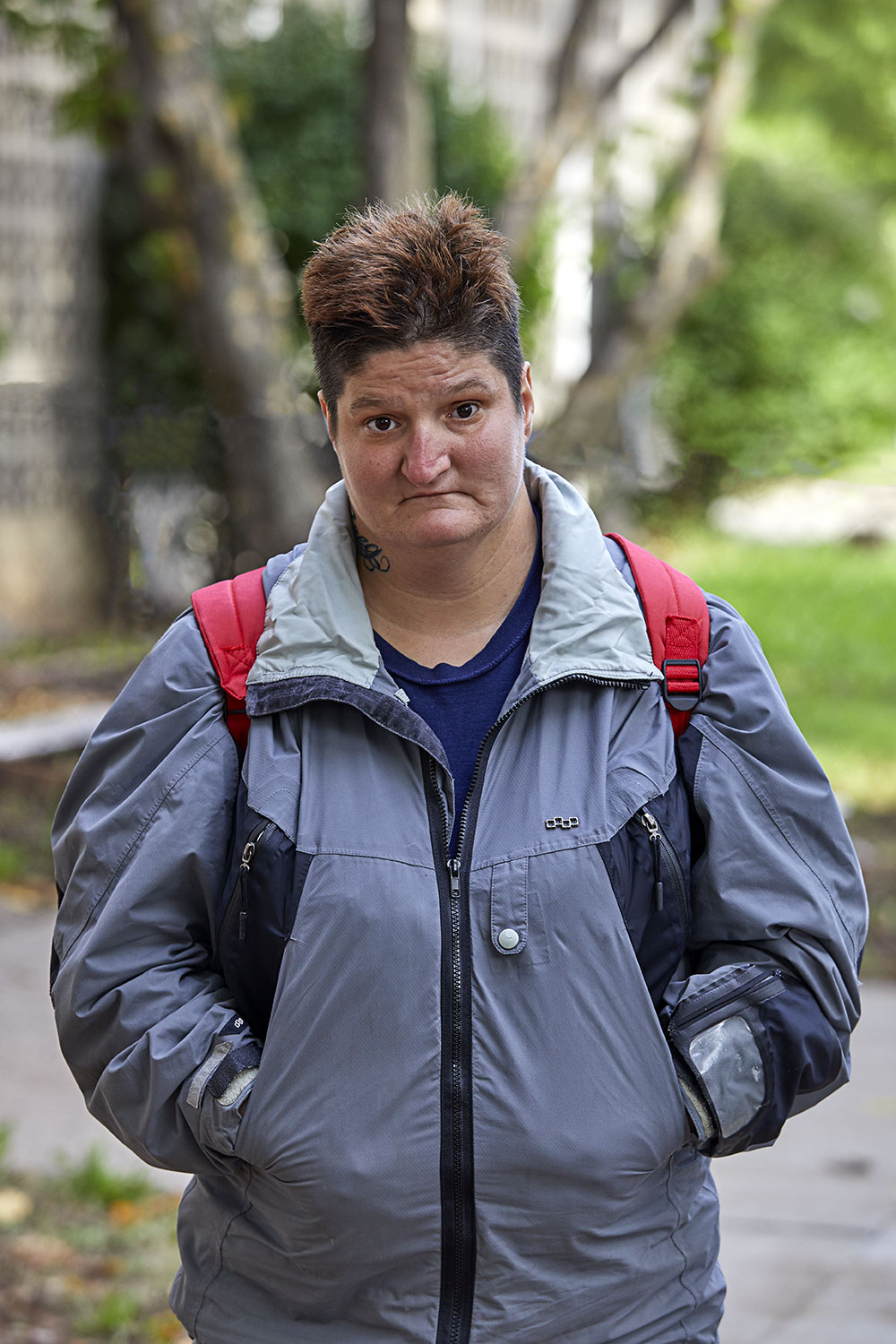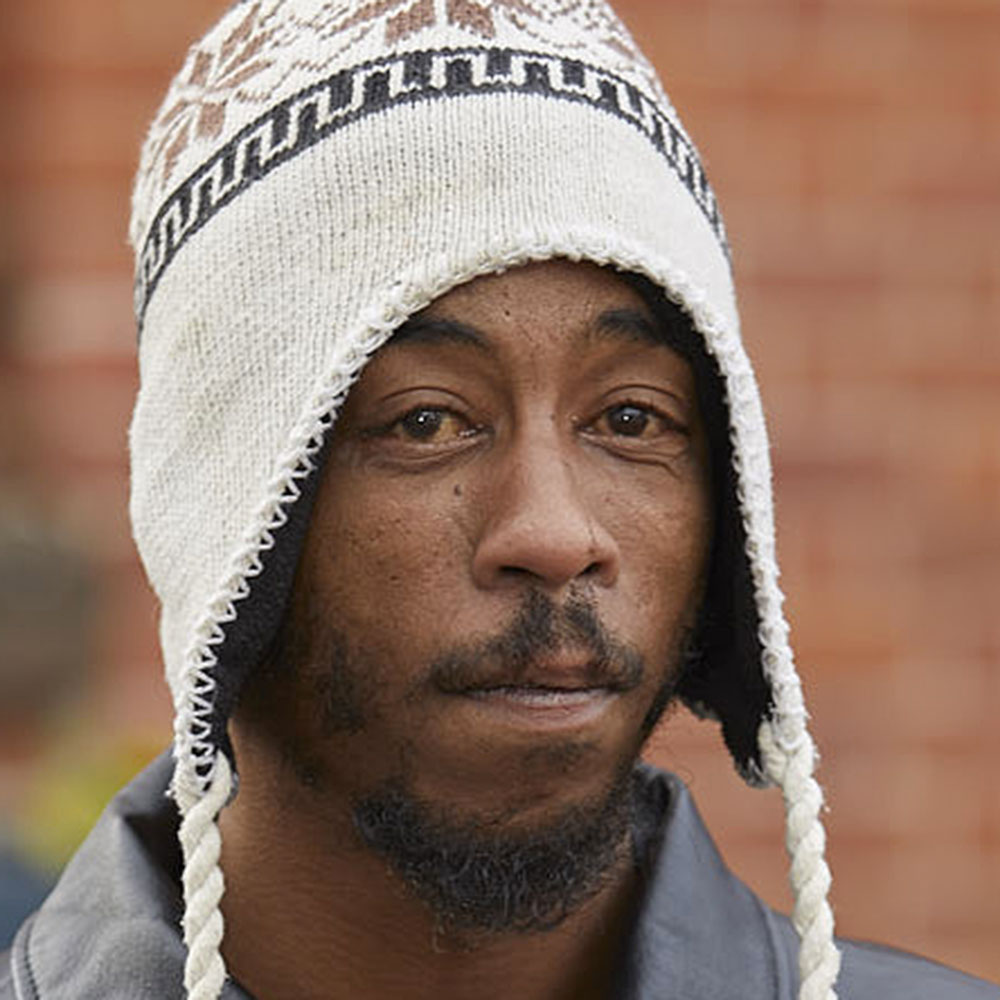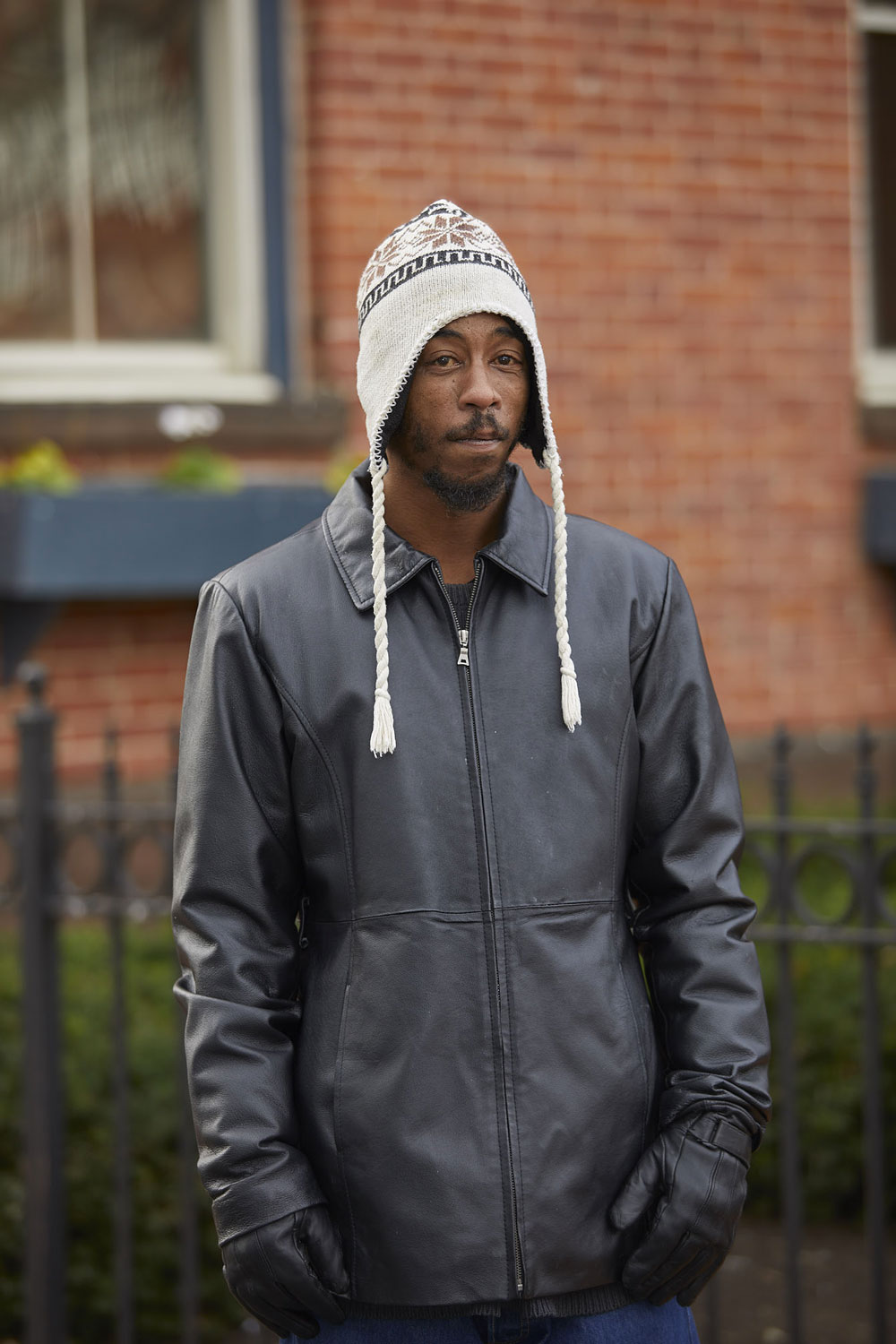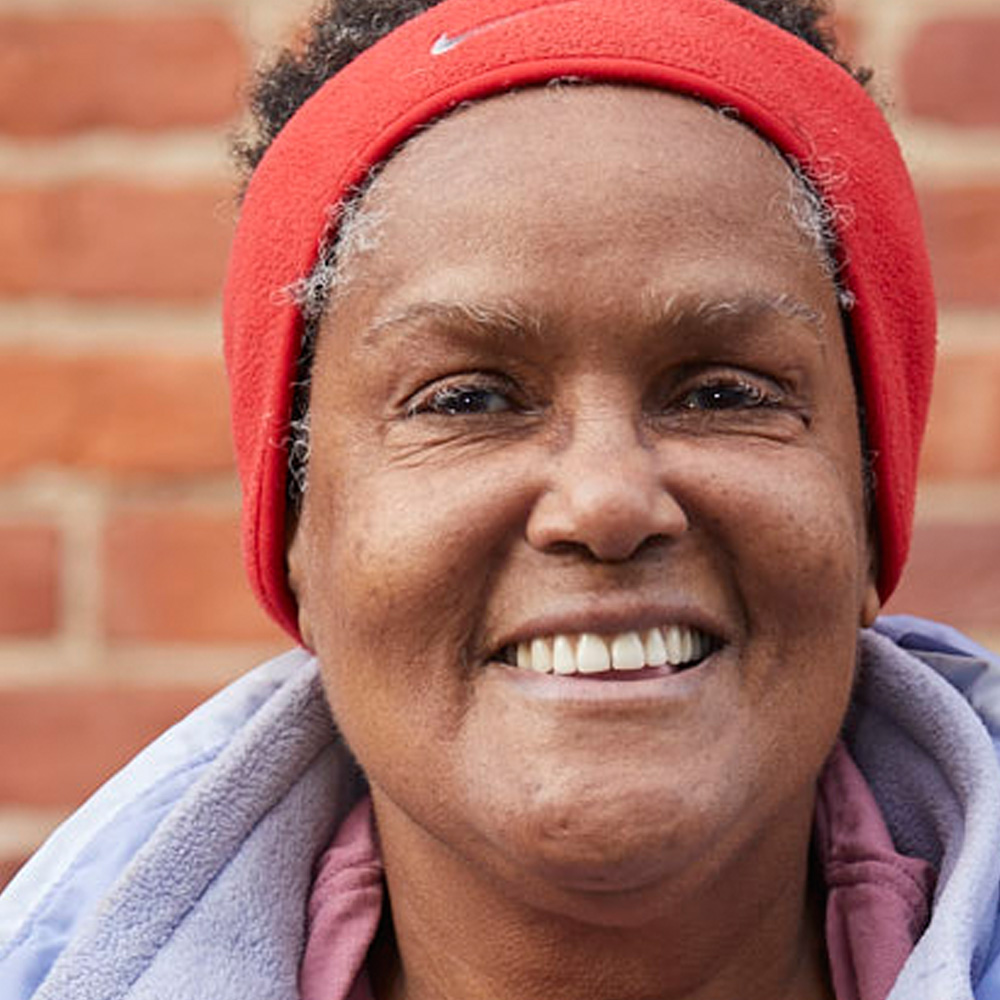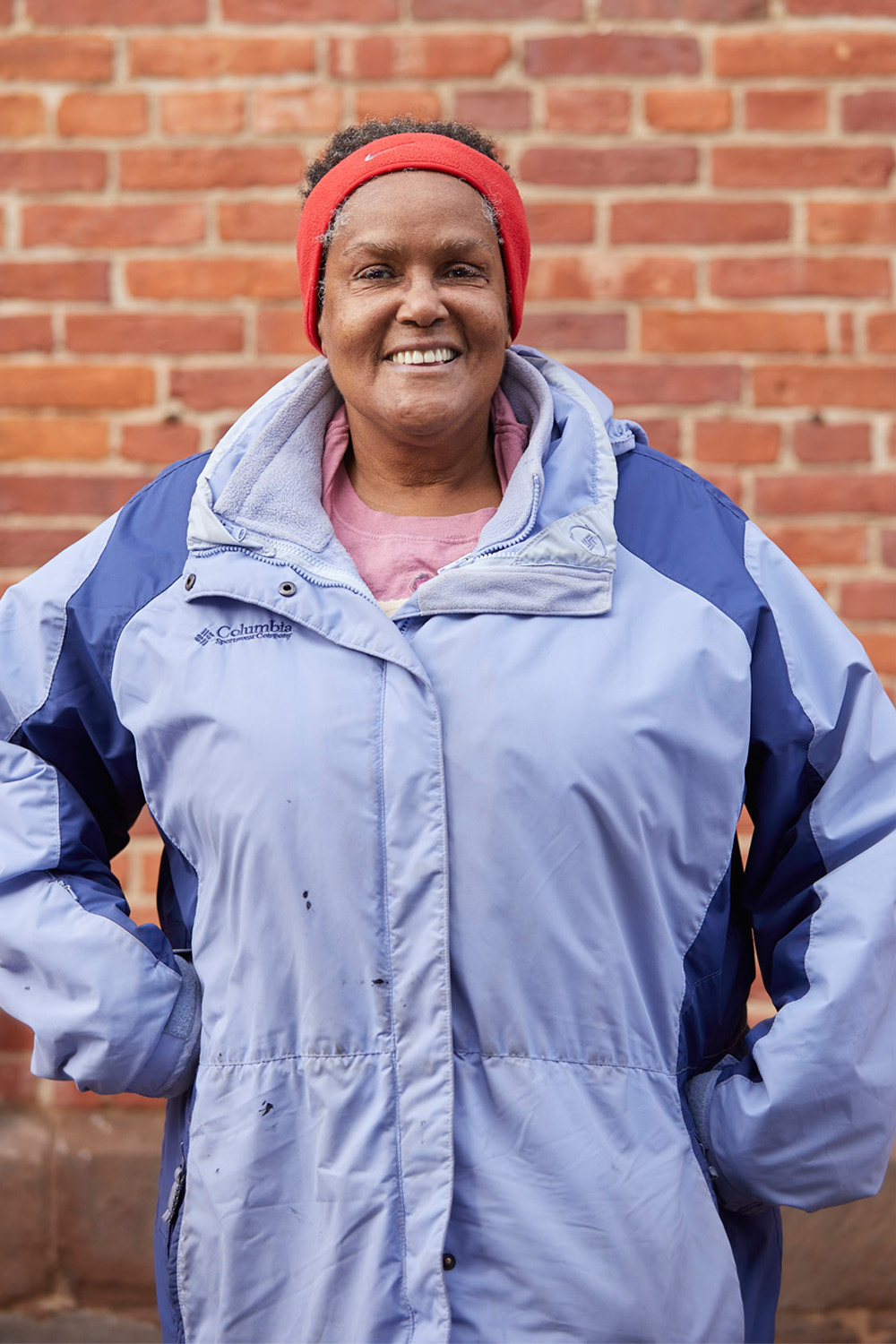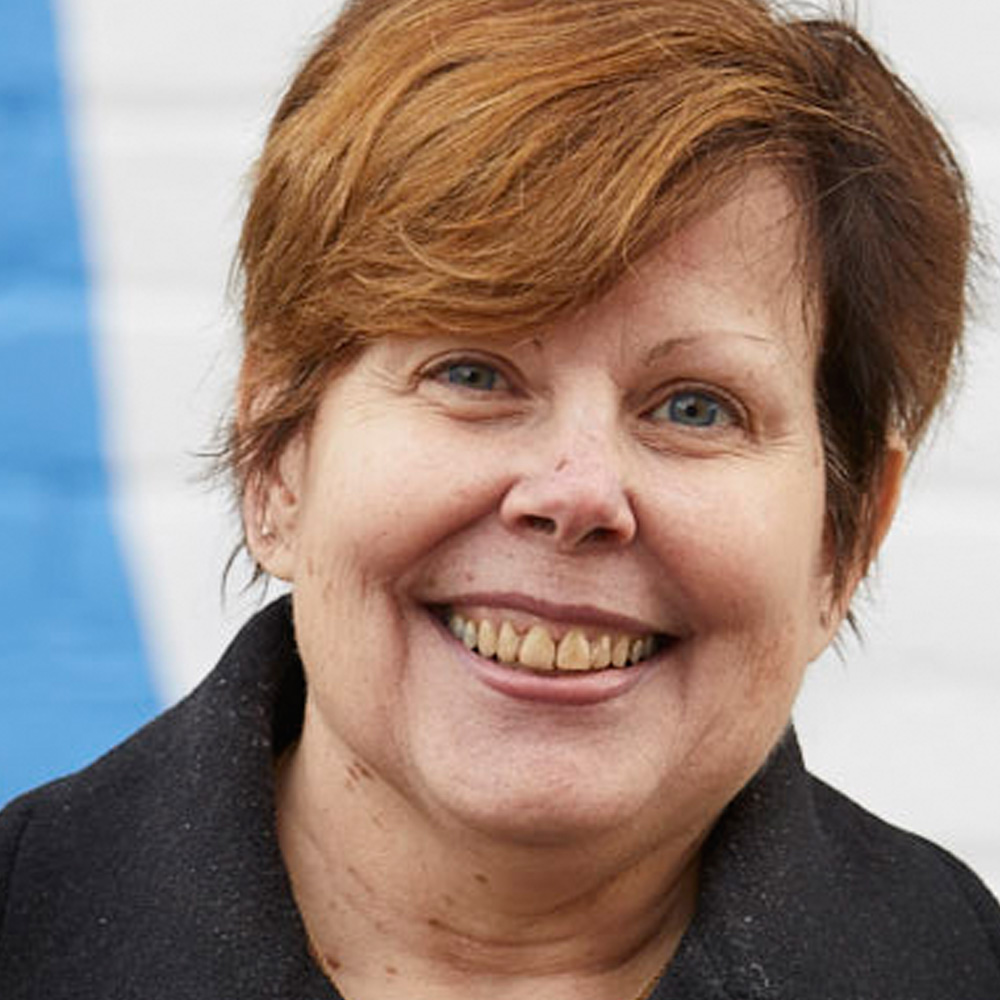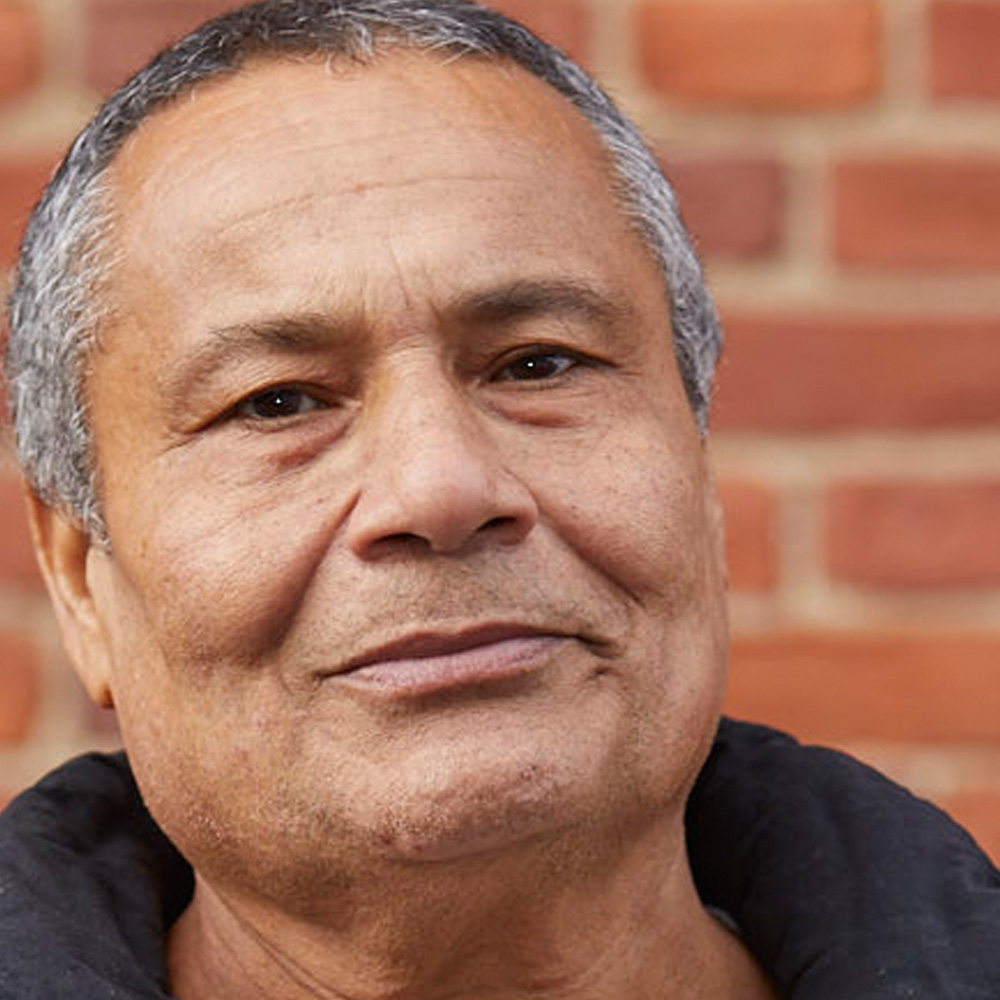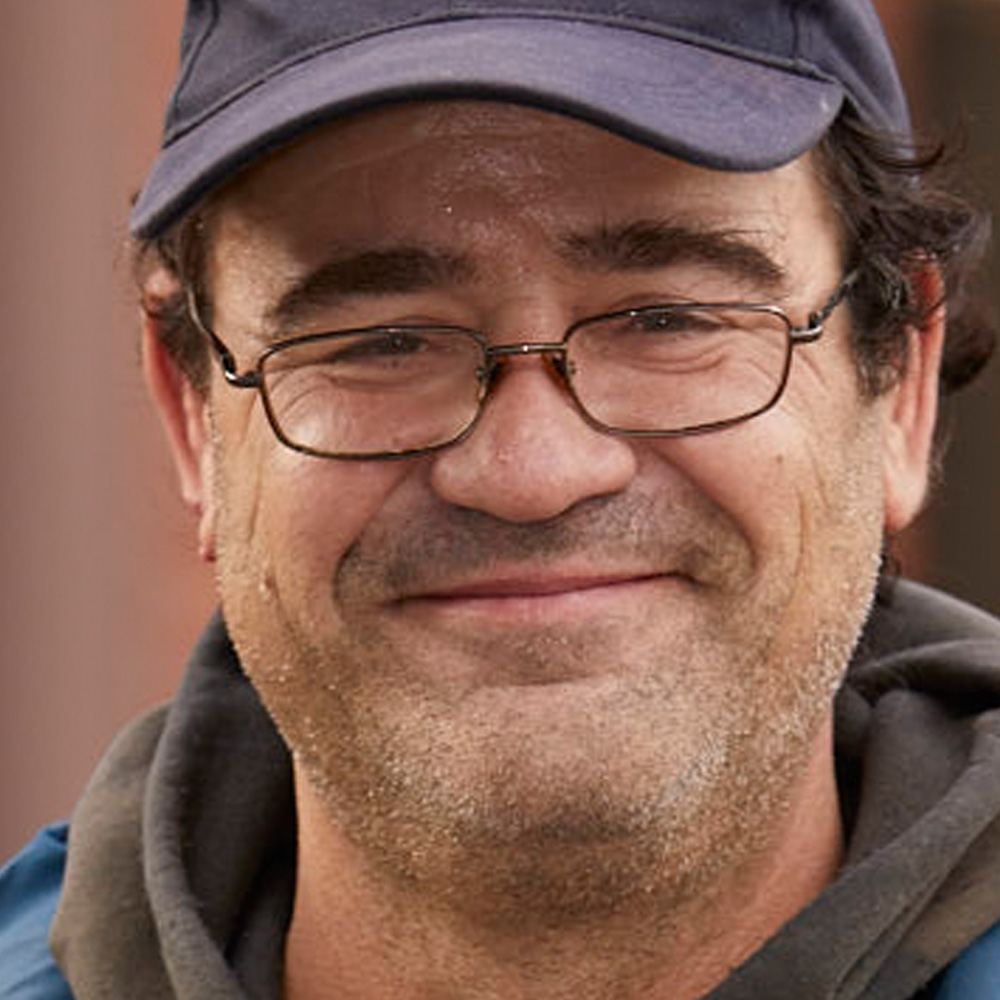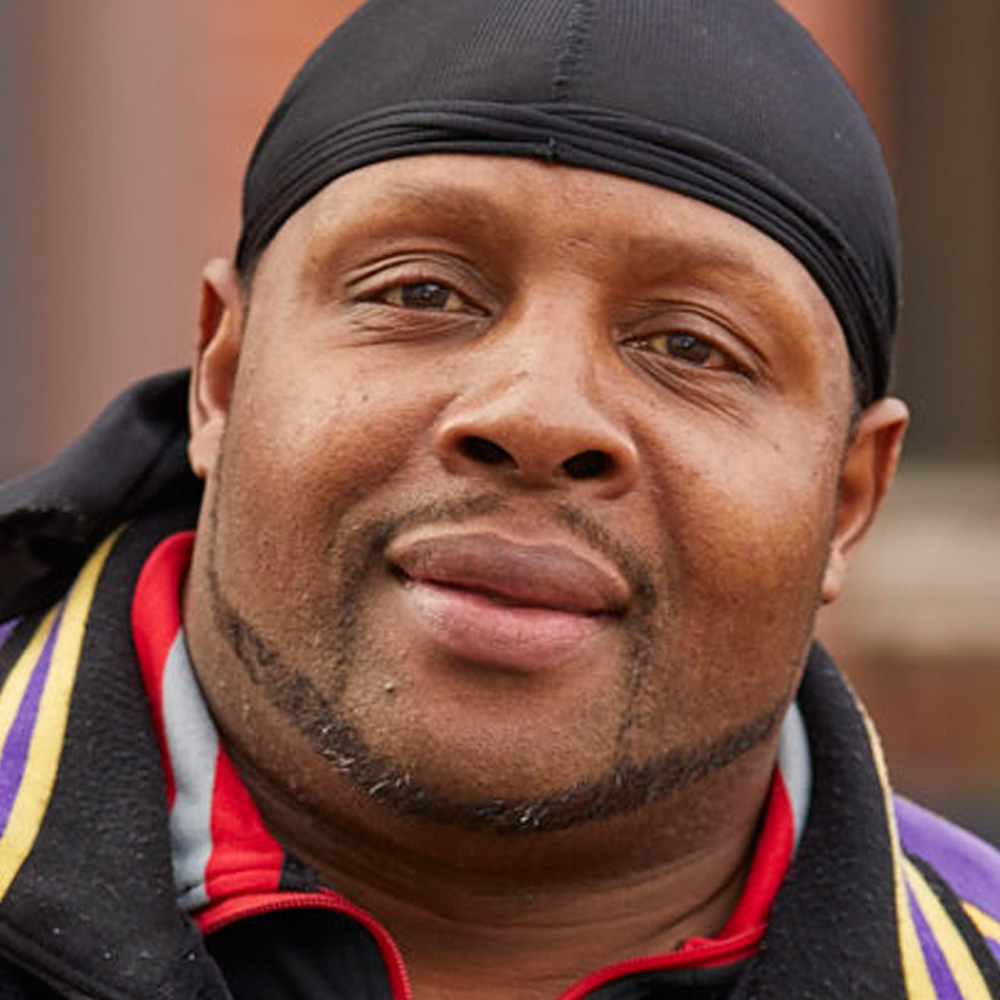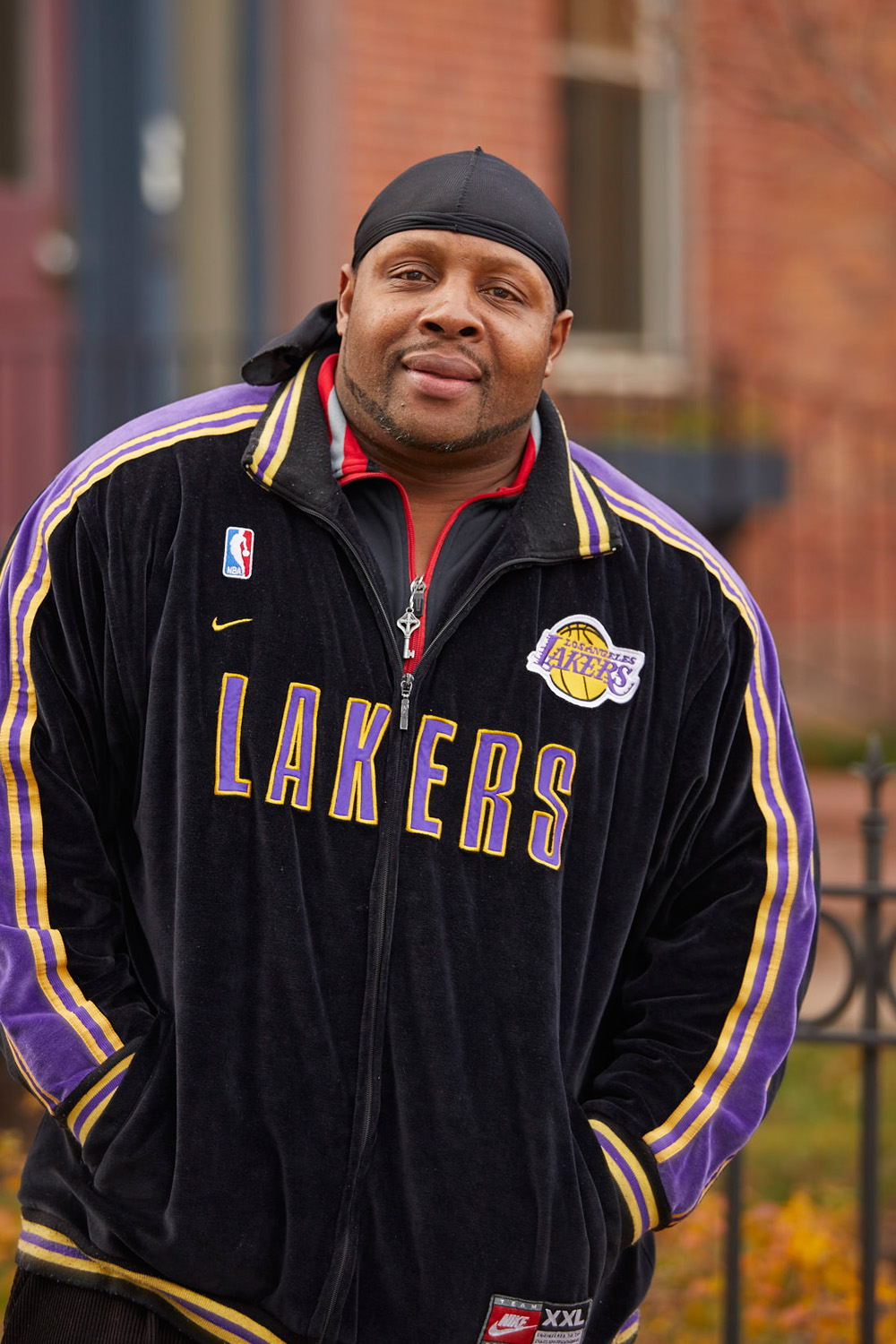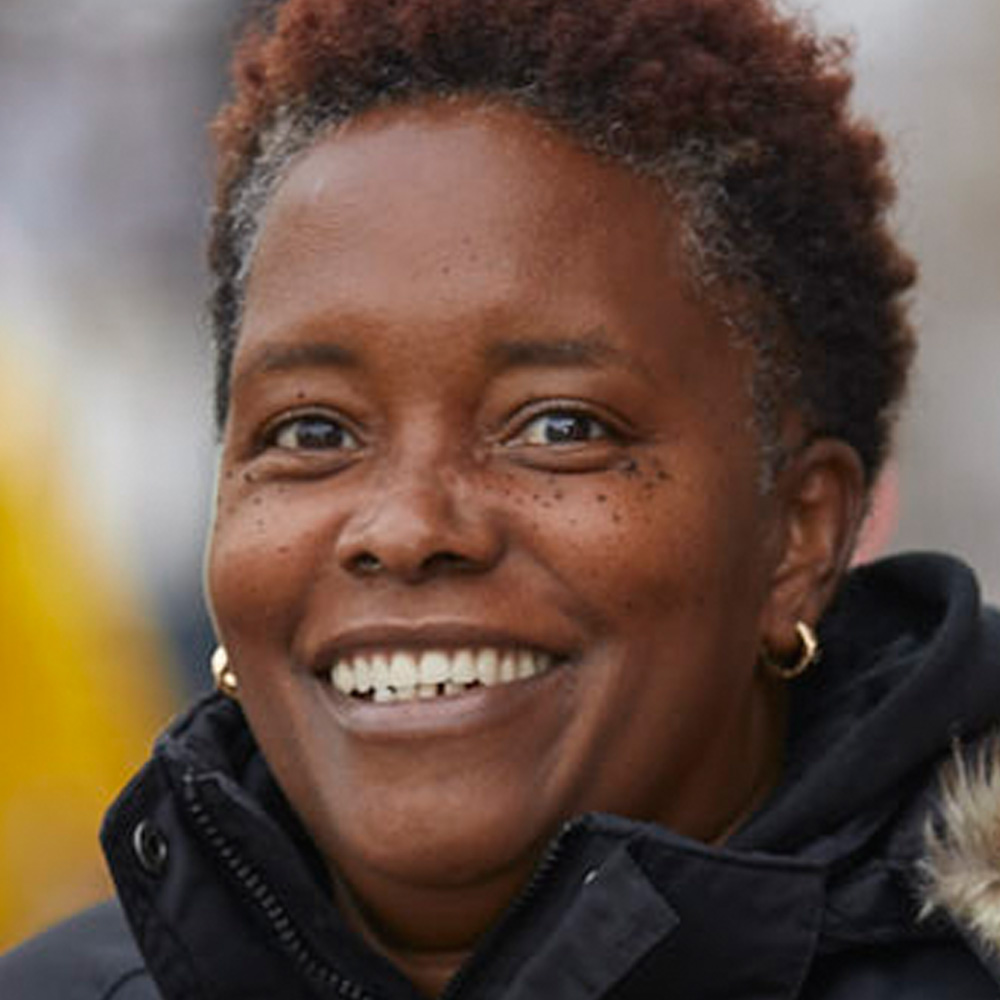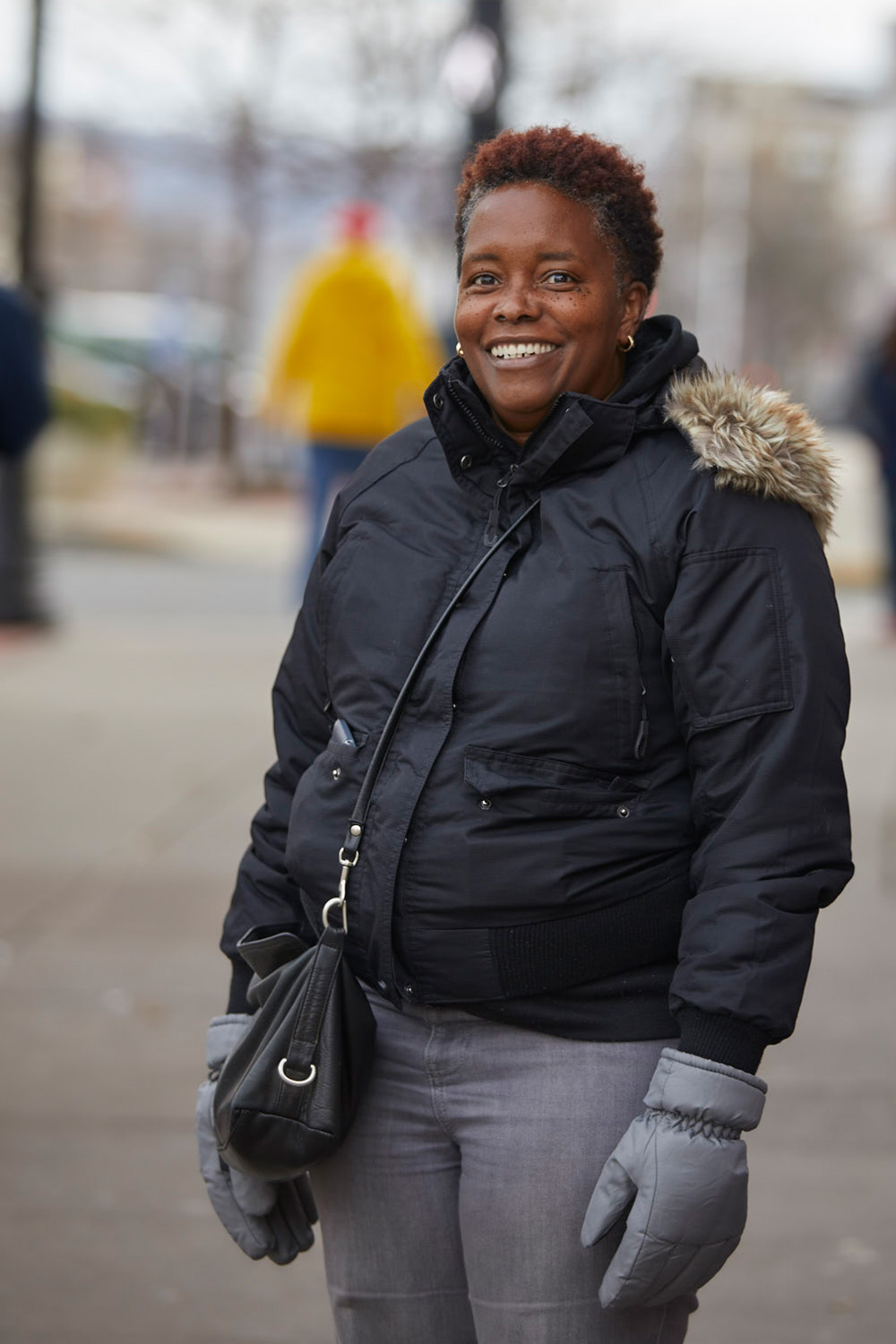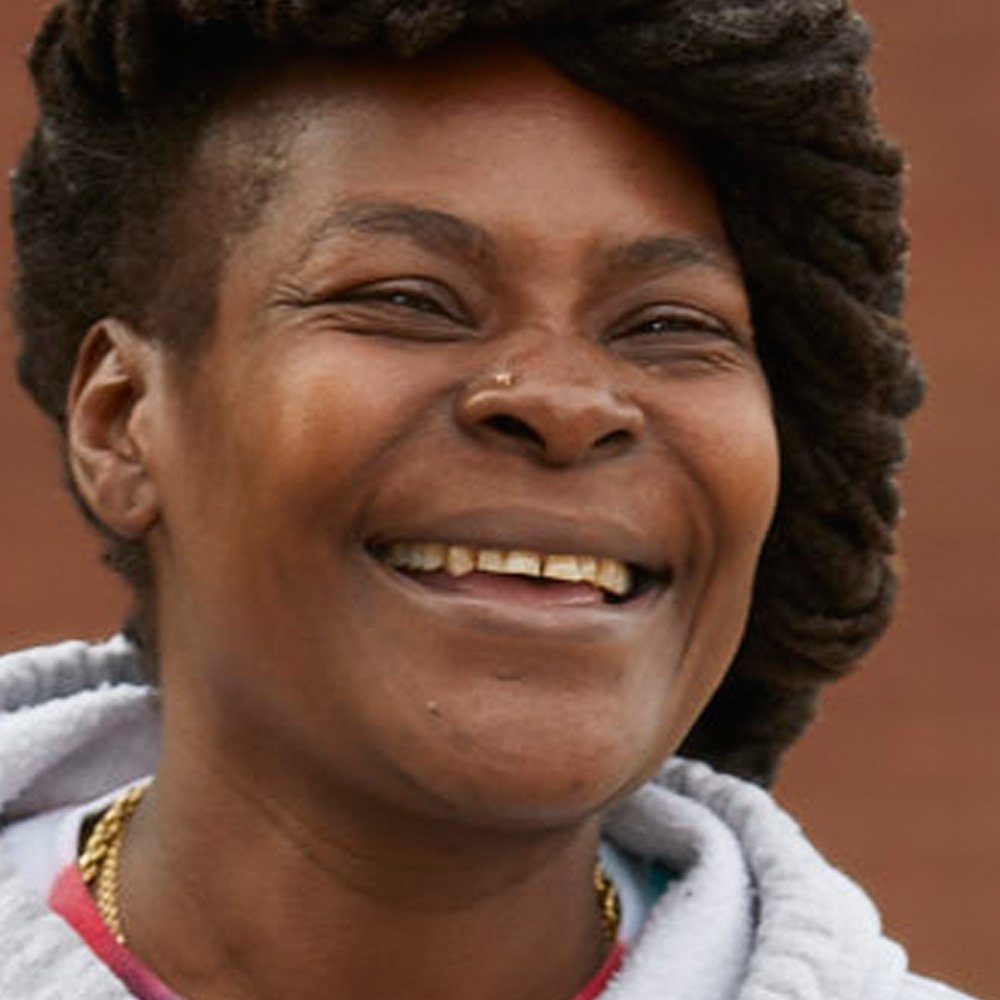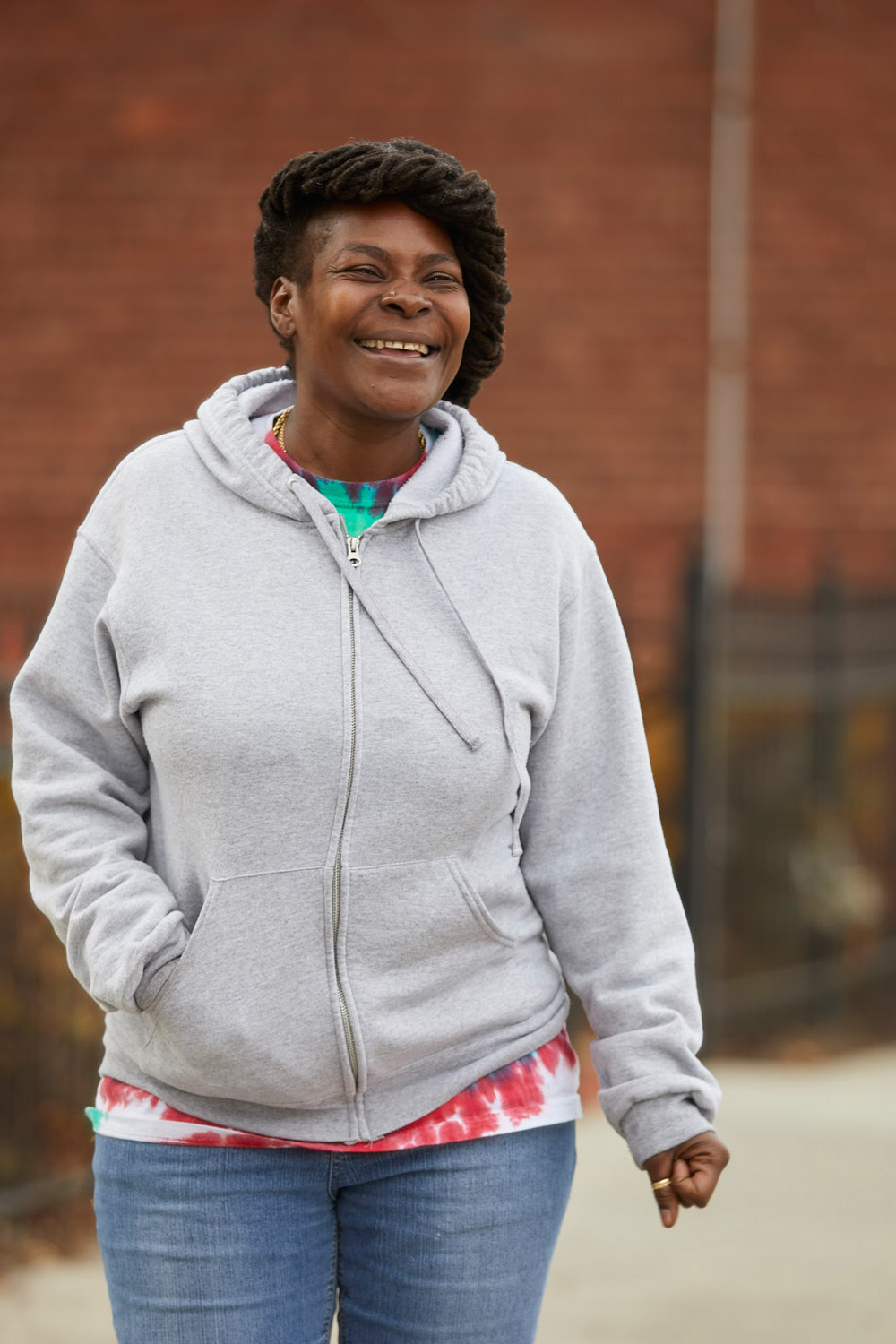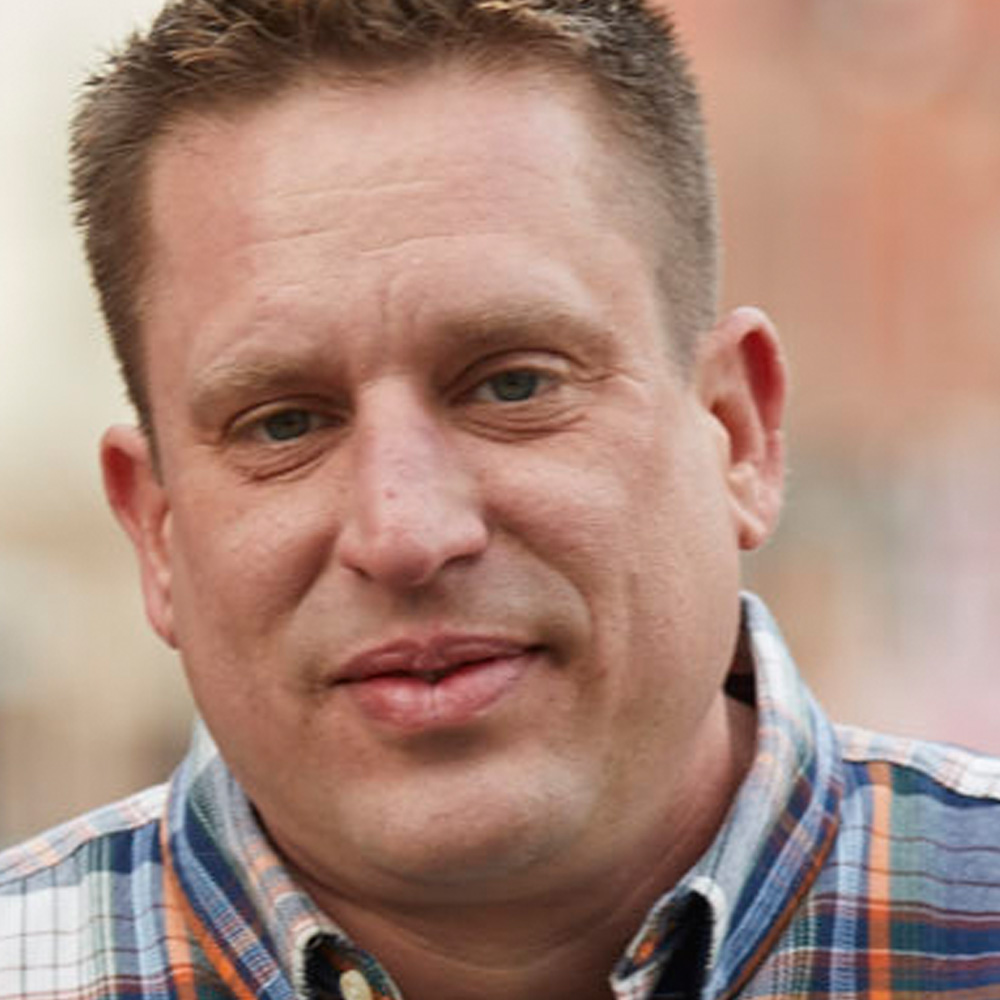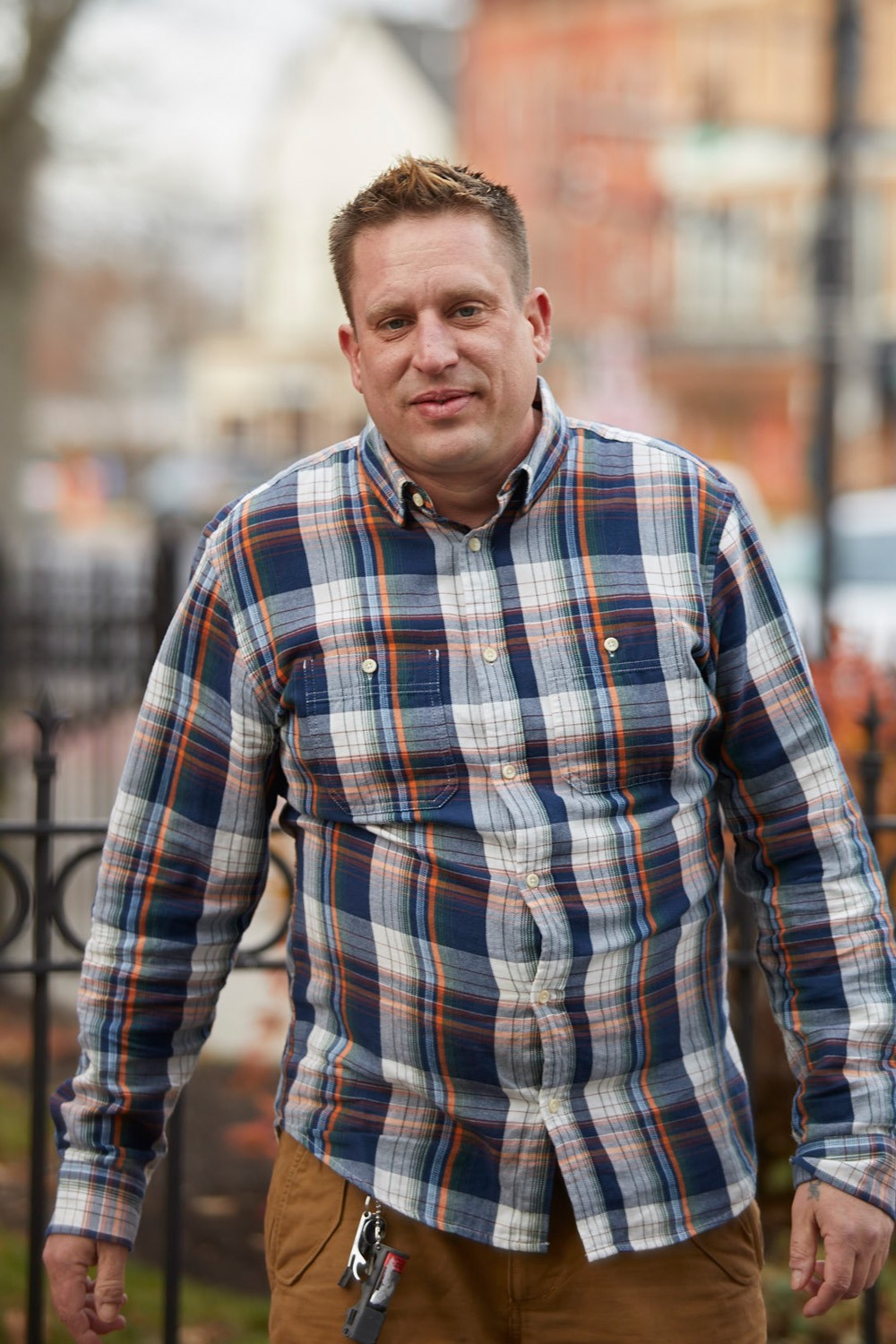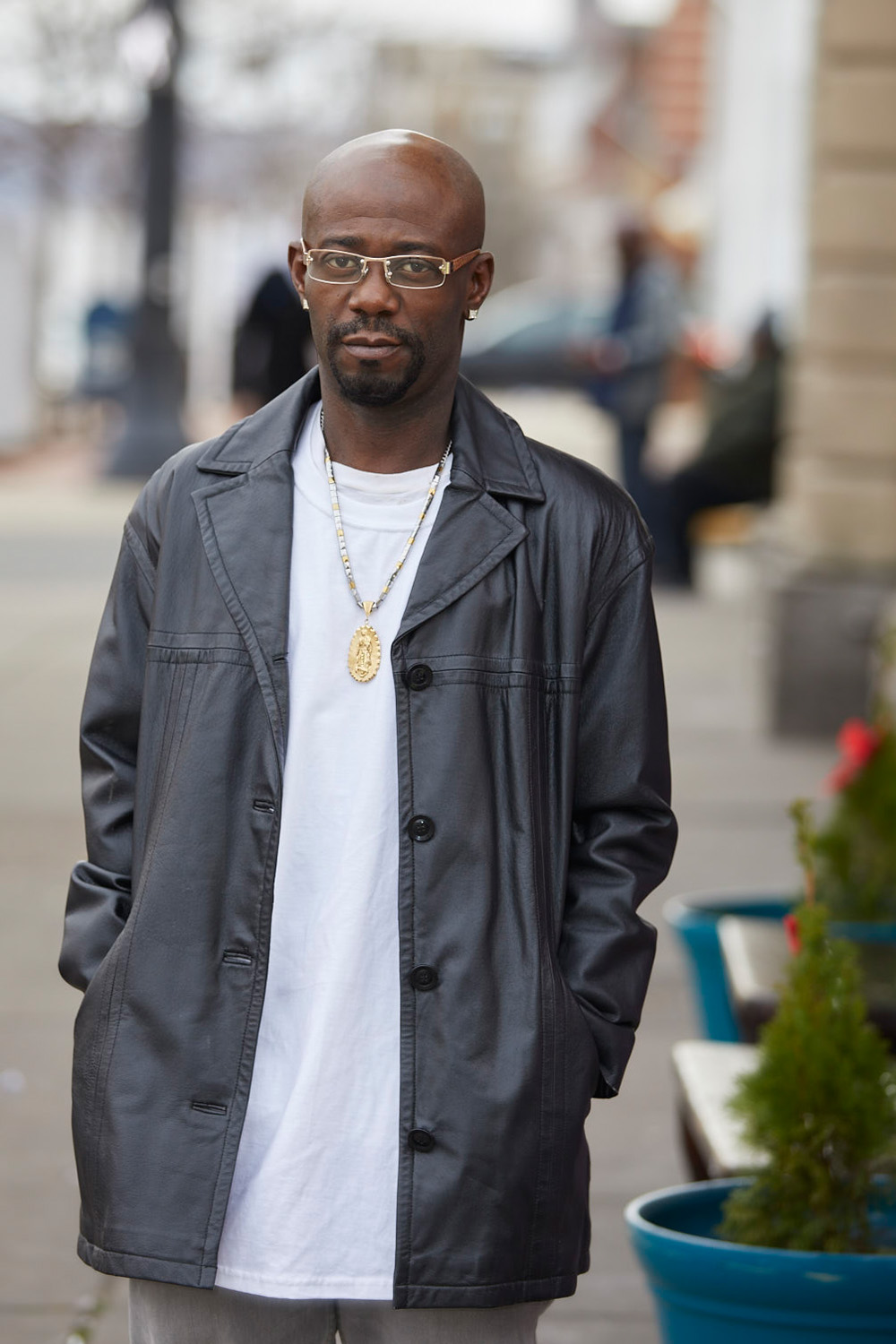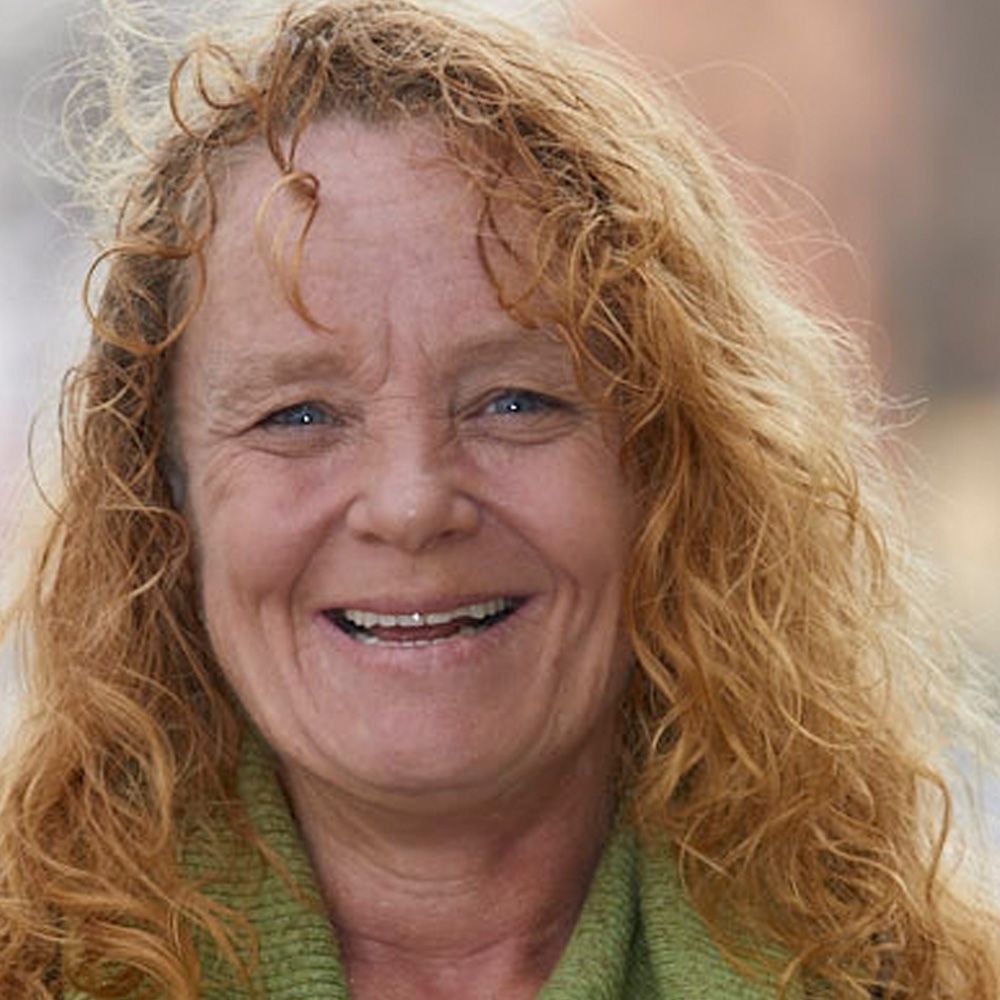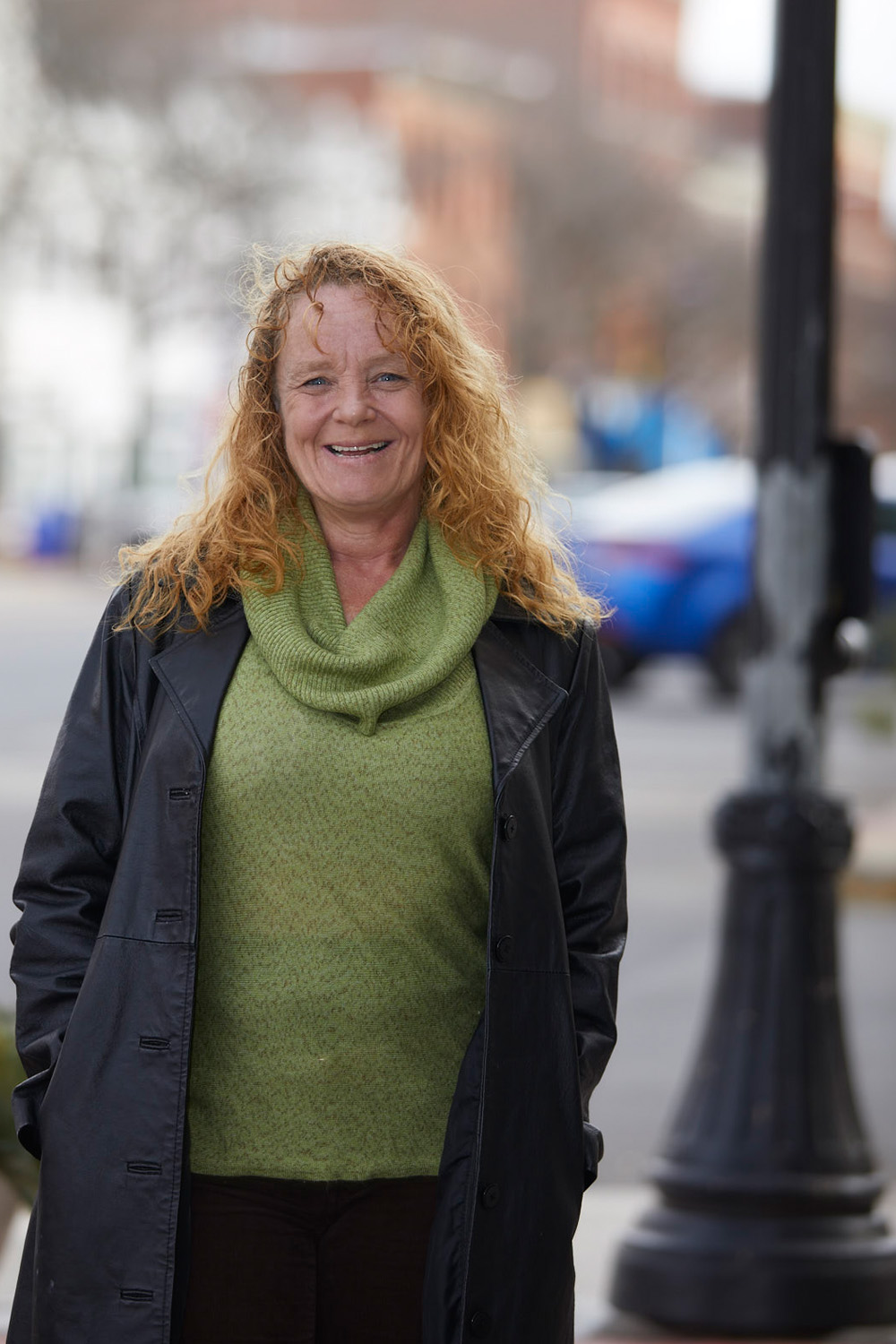The Faces of Homelessness
The best way to “see” the homeless is to view them as people. They don’t necessarily fit the mold created by Hollywood. Some could easily pass you on the street and not stand out as different from any other pedestrian. Others don’t want you to know they’re homeless for fear that they will be forced into solutions they don’t want.
Yet, when you make the attempt to see them as individuals you realize they each have their own story … why they lost their housing … how they are surviving without a home … what barriers need to be overcome for them to regain housing.
Allow us to introduce you to 15 local people who have been homeless at some point in their lives. Where they’ve been, where they’re going, and their outlook on life might surprise you.
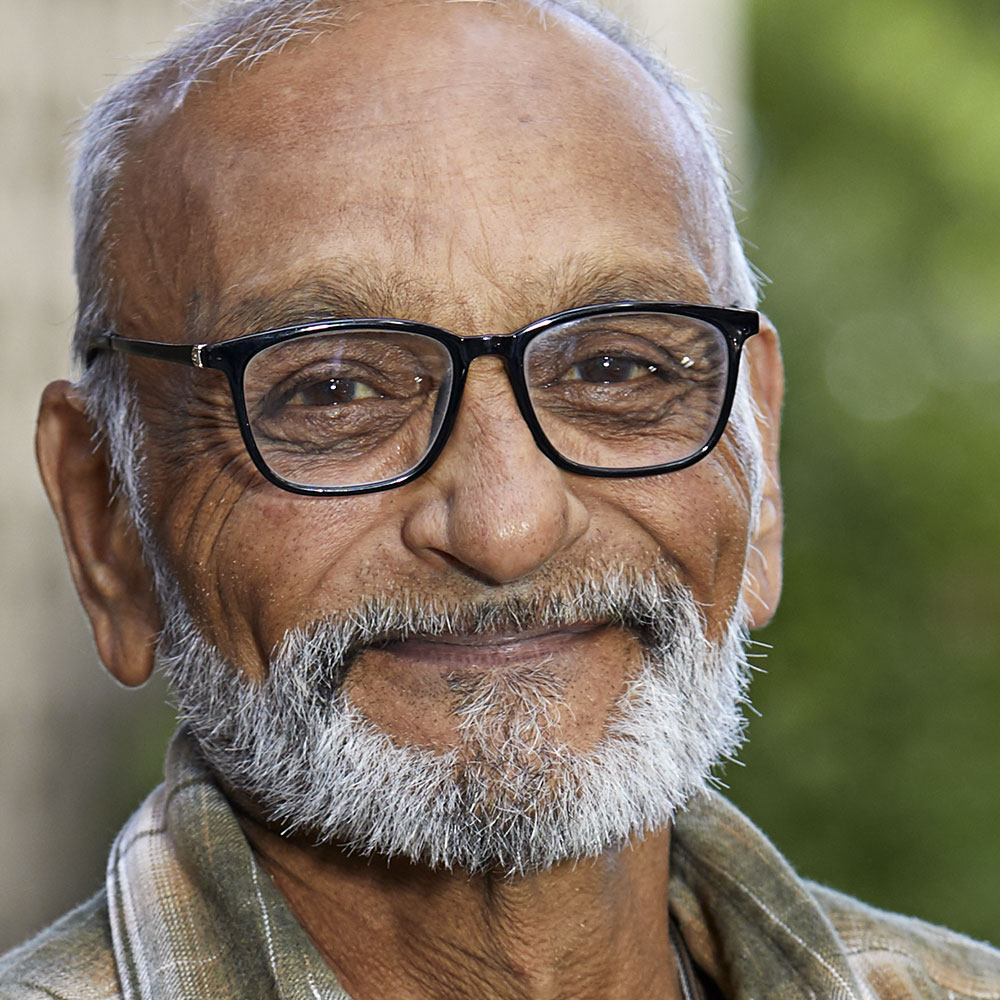
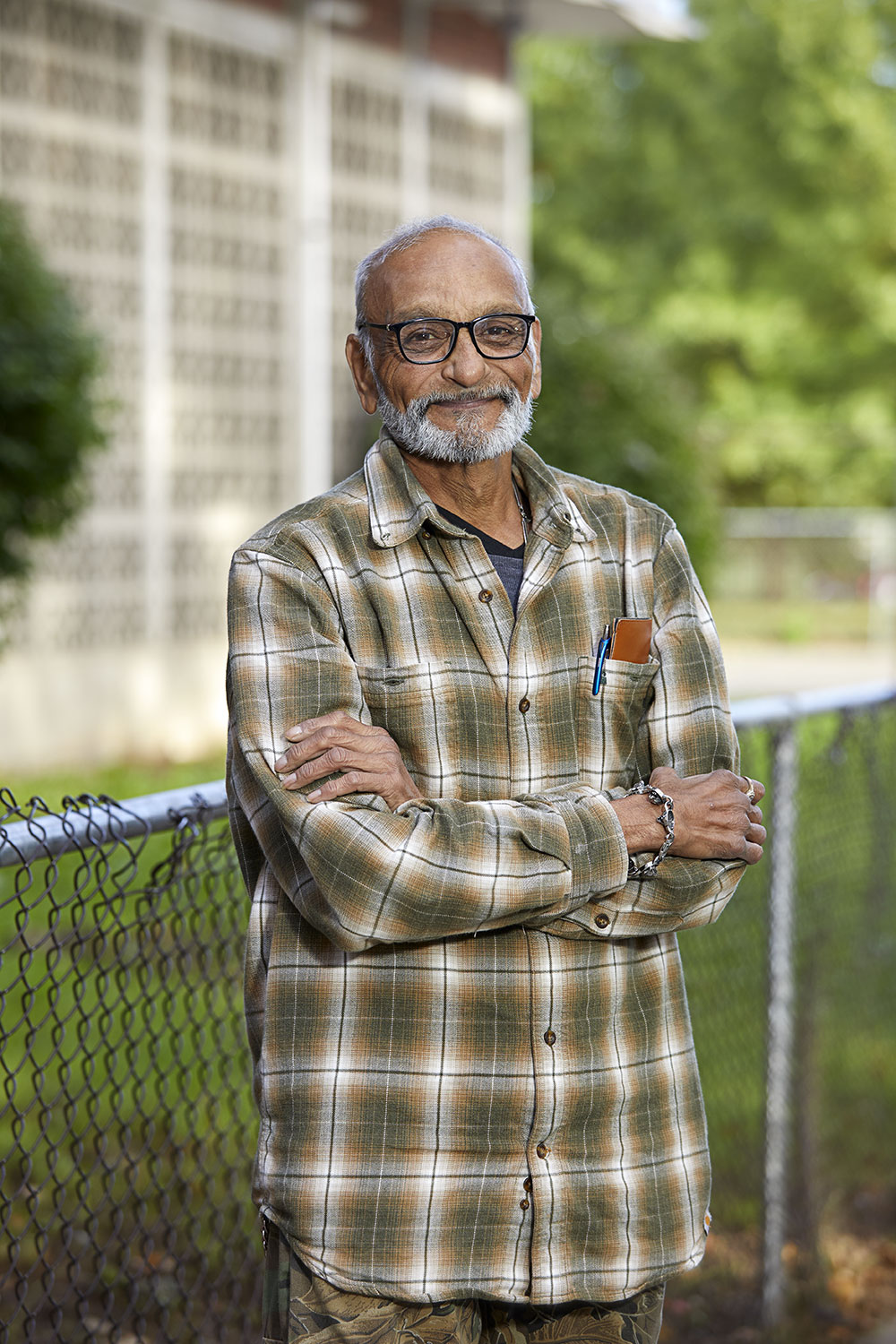
TUSHAR has lived in Meriden for quite some time, but lost all his money and connection to his family due to drinking, his “weak point.” Despite setbacks, he is optimistic. He says he exercises, feels 18 years old, and is willing to tackle any job (except desk work). “I am a hard worker,” he says. “I will make a new life and show my family.”
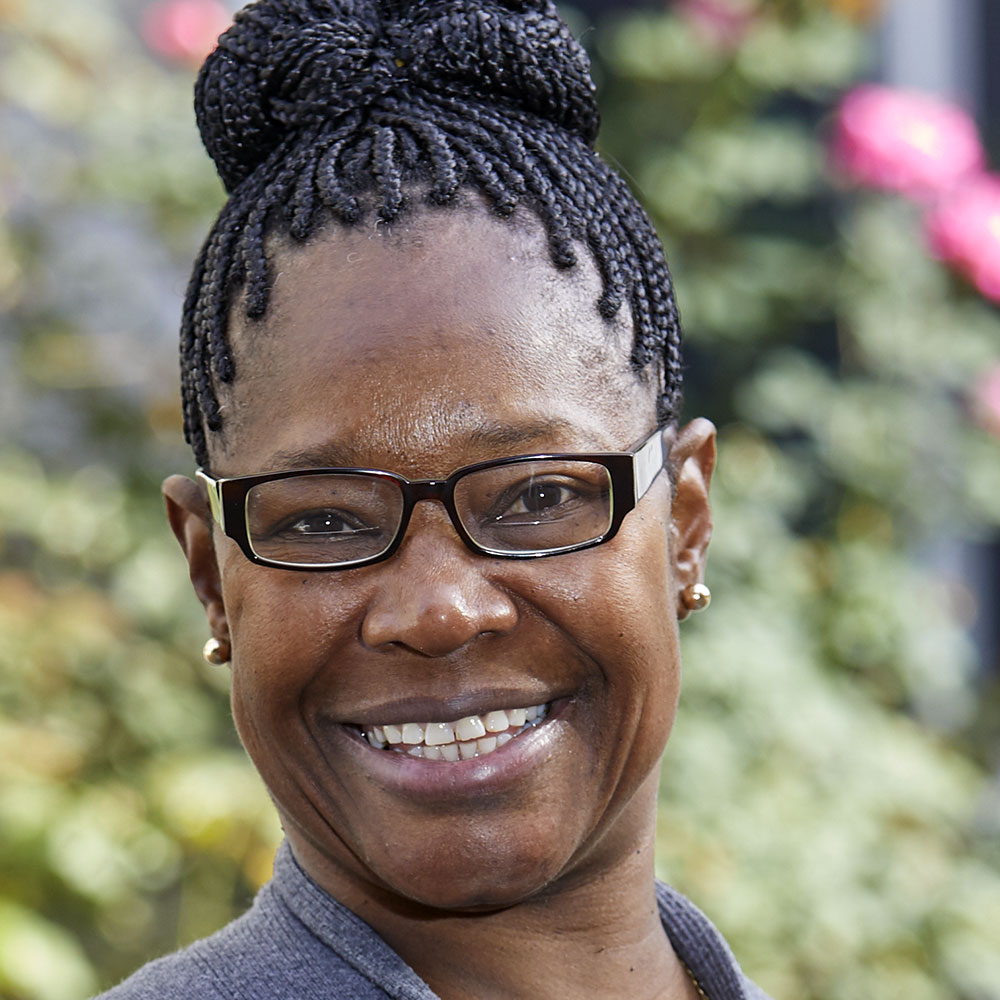
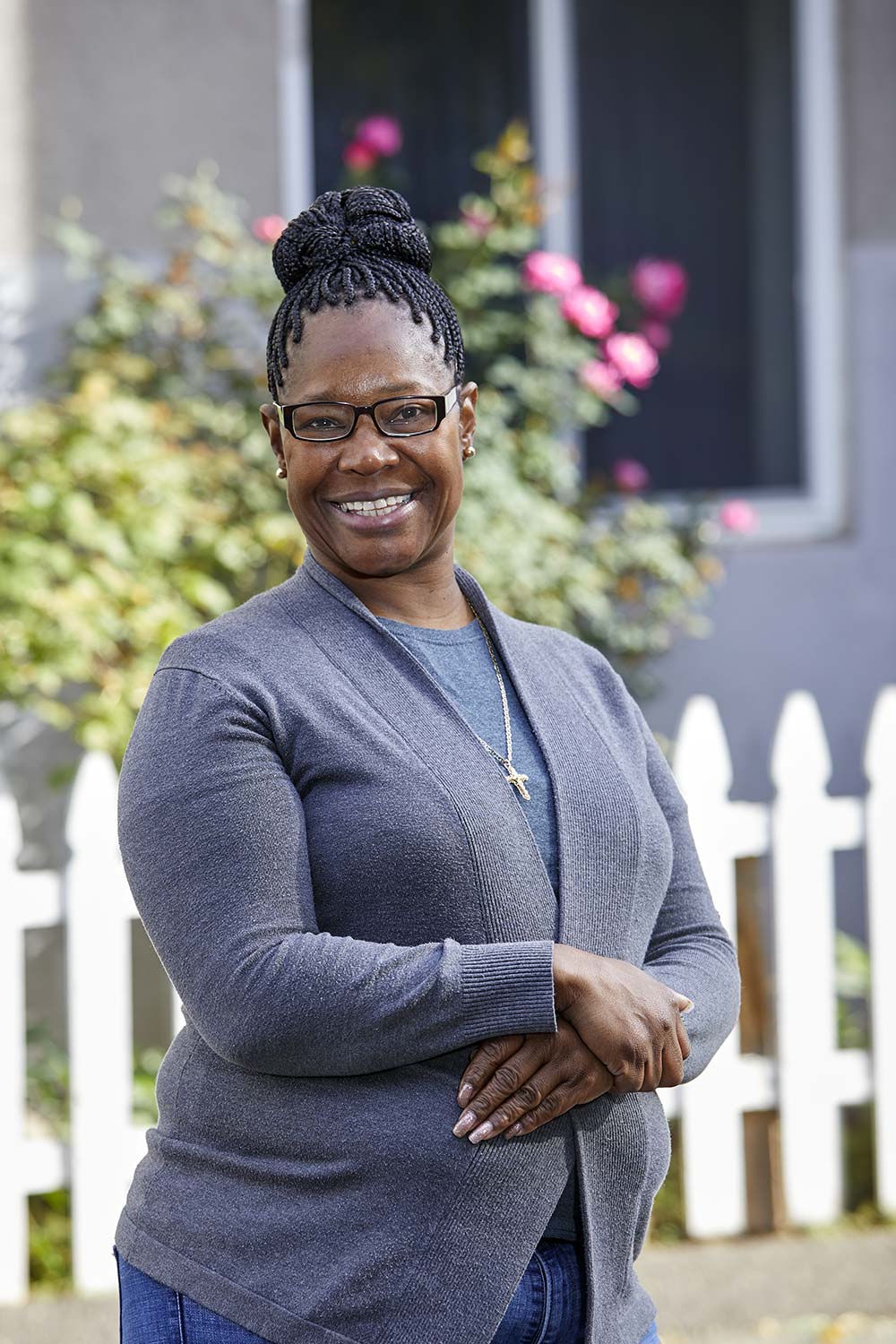
TONYA is a Program Support Supervisor for Shelter Now.
Twelve years ago Tonya was passing by Shelter Now and, on a whim, decided to put in application. Ever since, she has derived great satisfaction from her role (which depending on the day could be just about anything). “I’m very content in my place,” she says. Tonya says a large part of her job is listening first and only then providing guidance. But, she’s also been known to change diapers, mediate, clean, and round up furniture and supplies for guests moving into their own place. Overall, she says most guests depart on a positive note. Her tip? “If you need to yell,” she says, “be sure you’re smiling.”
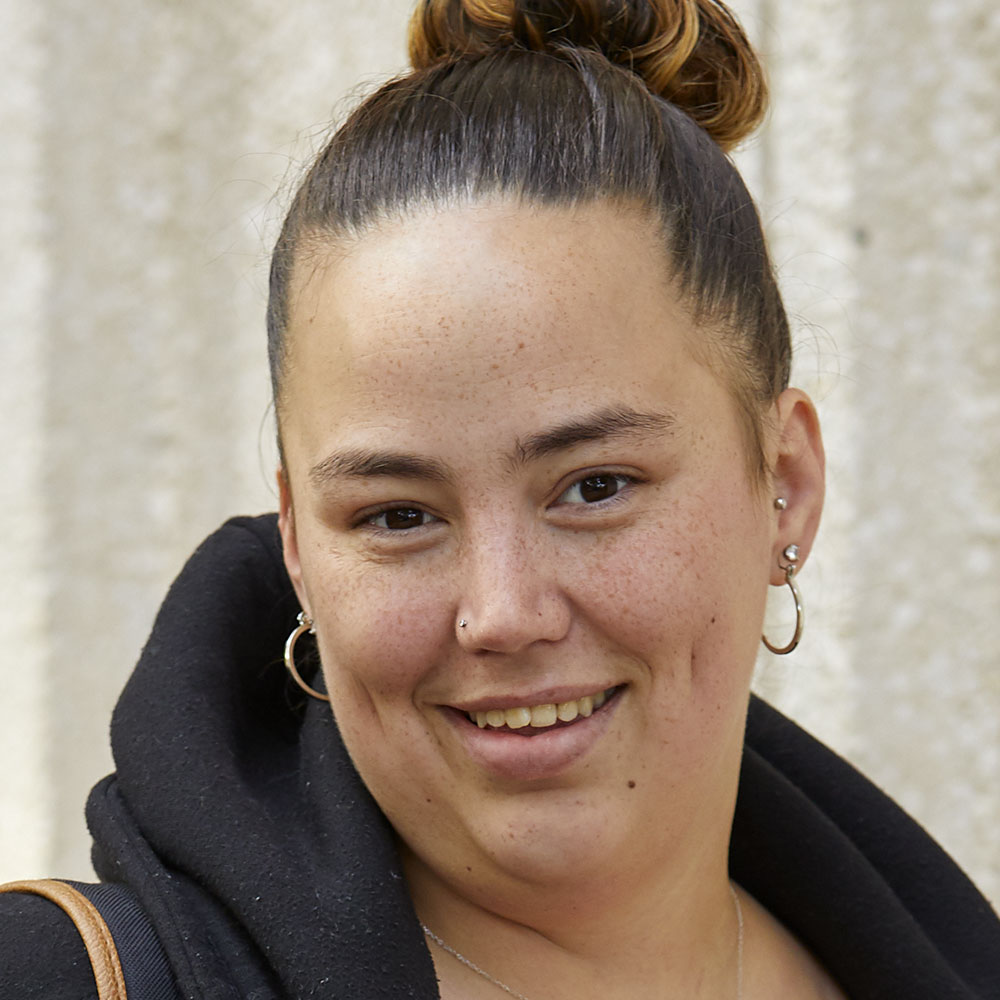
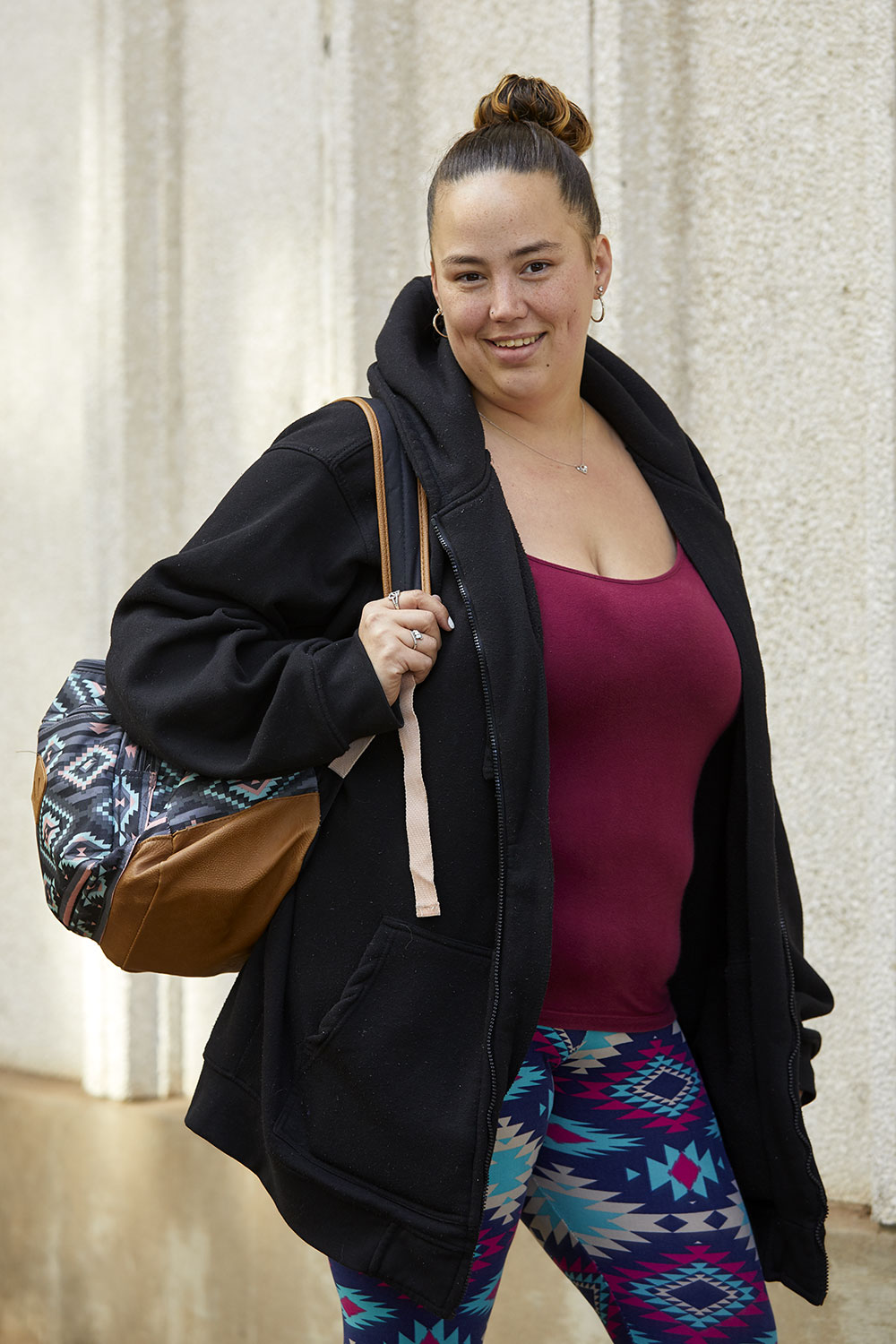
SHEENA is a Meriden native with two girls. The three had moved around a bit, staying with friends. But, with no transportation, it was difficult for her to keep a job, always commuting from a new address. Shelter Now has connected her with training and she foresees a better future for her family. “The staff is great,” she says.
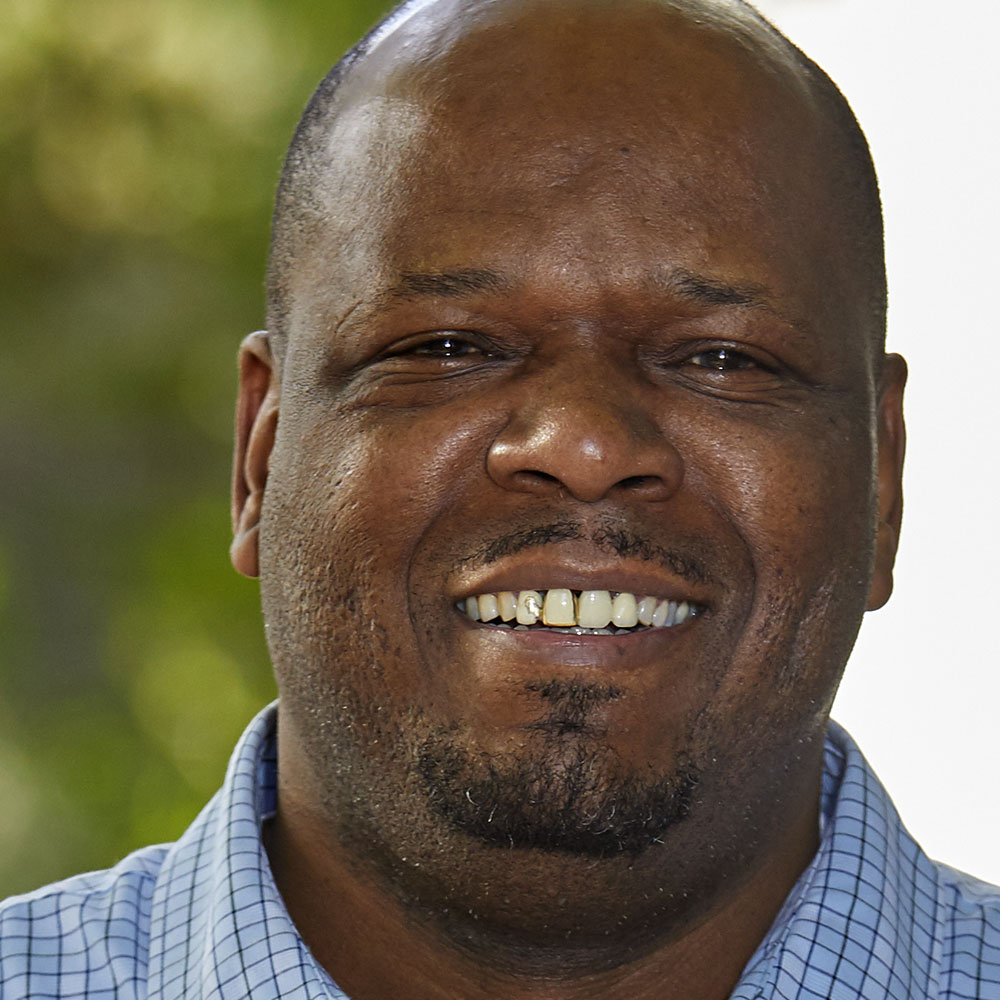
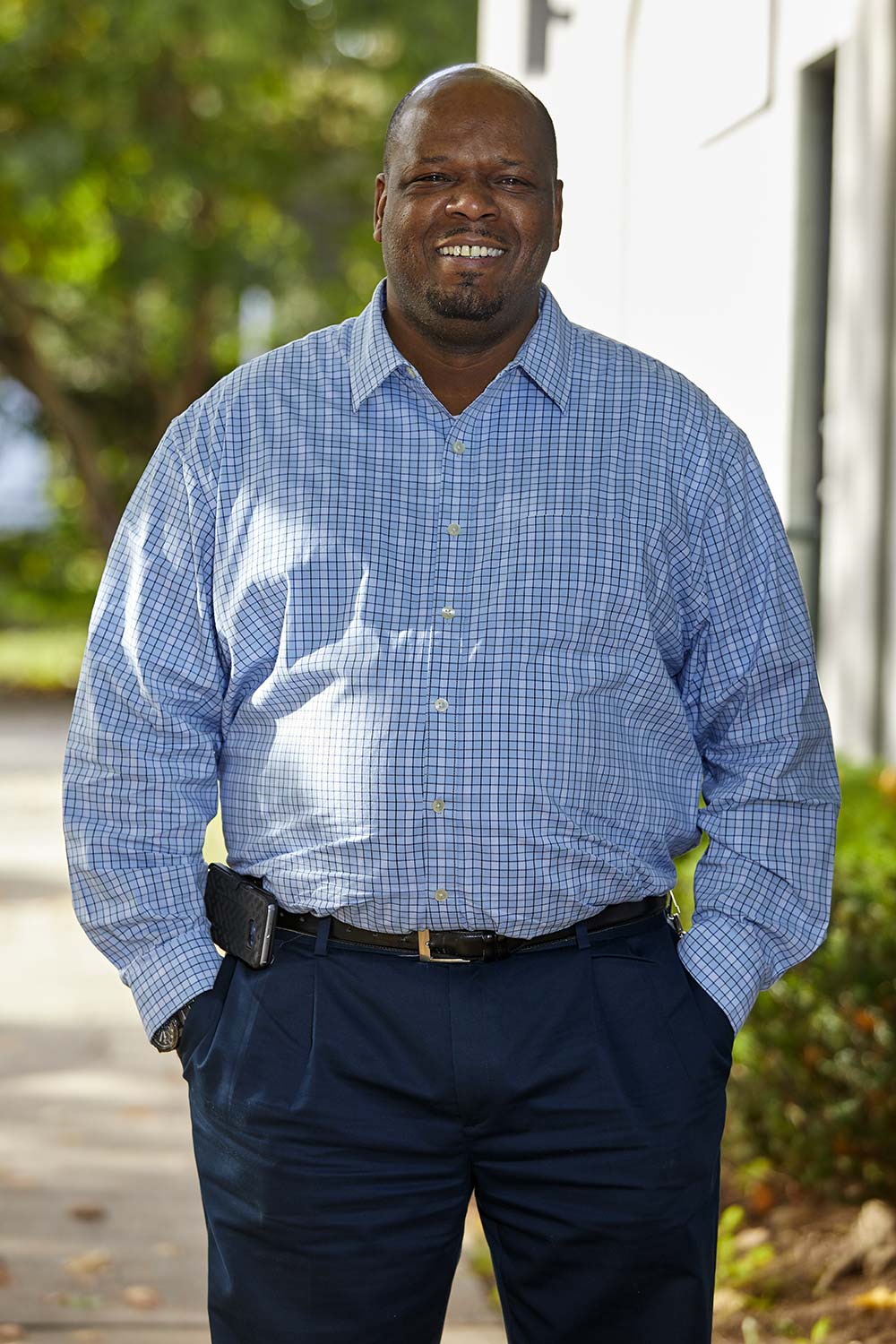
DAVID is the Director of Shelter Now.
“I love what I do,” he says. “I have been blessed and can bring that blessing to others.” “Society labels people and misjudges them,” he says. But from long experience David knows it’s impossible to understand someone until you understand their life experiences. “All of our guests have some sort of pain in their past.” This could be from an adverse childhood experience(s), trauma, abuse, neglect, mental illness, and/or the death of a loved one, to name a few. This may cause people to question their value and self worth and unfortunately do harm to themselves.
For the record David confirms that, “No one wants to be homeless.” So, it’s important for staff to focus on helping guests move past old pains and to a new and brighter future. “We make the effort to reinforce value in self and the power within,” he says. At Shelter Now, no two days, nor two guests are the same. And, in part, that’s what drives David – he savors a fresh challenge. And, he also delights in having former guests come back to visit, check in, or even drop off supplies.
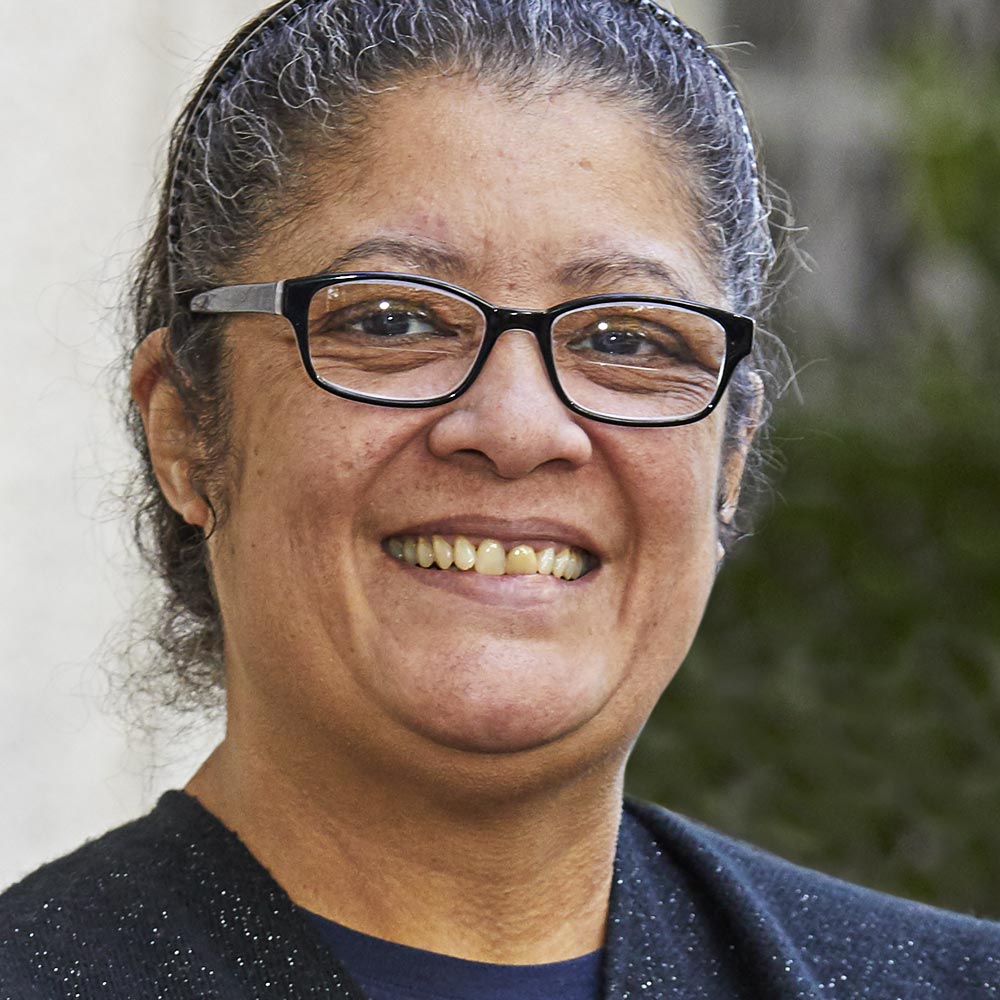
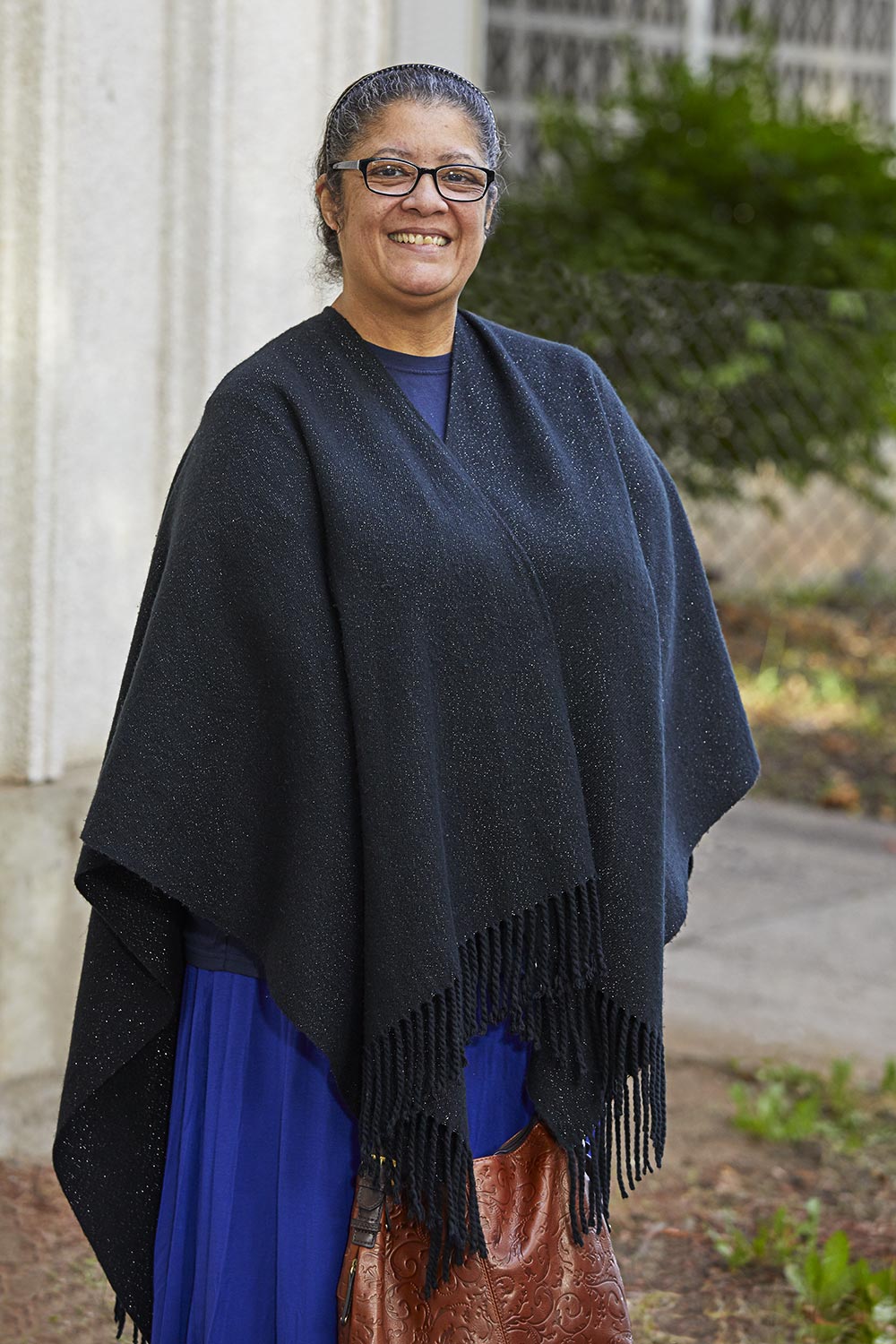
ELIZABETH had difficulty maintaining a job because of severe arthritis. She lived with her nephew for a while, and then entered Shelter Now. While there, she received some training and also began volunteering at the Salvation Army next door. She says, “Have faith. There are lots of places to get help.”
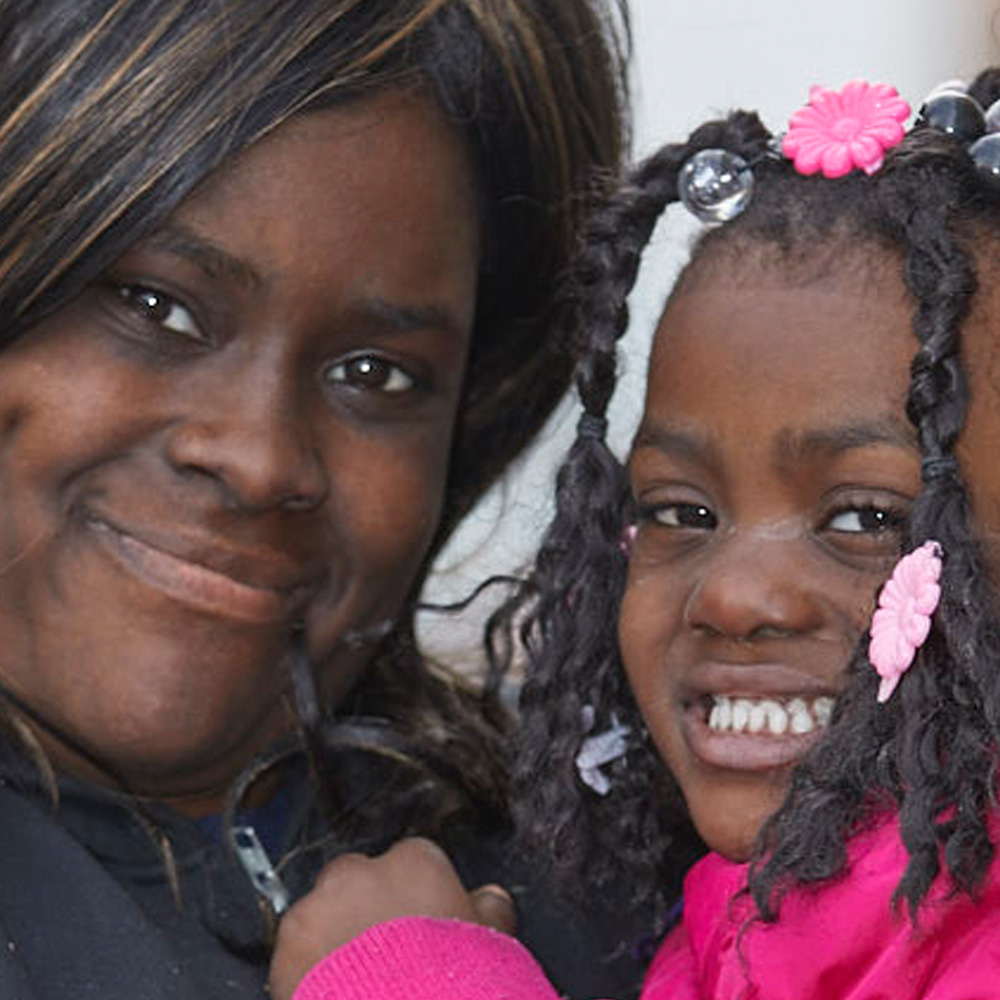
SHKEIA is a single mom with three young children. She most recently missed out on a housing opportunity, through no fault of her own, and thanks Saint Vincent de Paul for quickly finding her a new place to live. “This is my instant family,” she says. “They care so much and really want the best for you.”
Photo essay courtesy of Lanny Nagler. © 2017 Lanny Nagler Photography.

